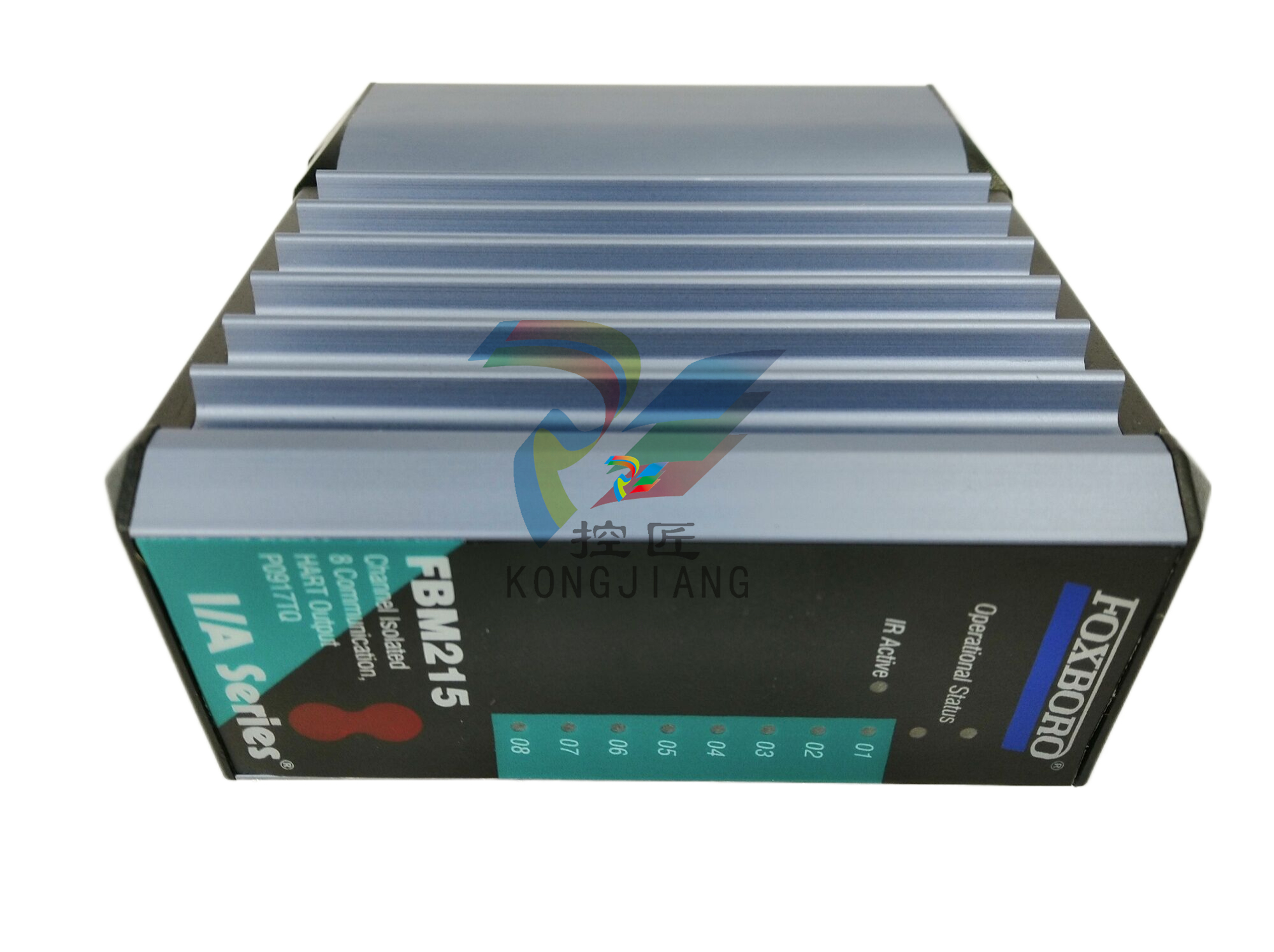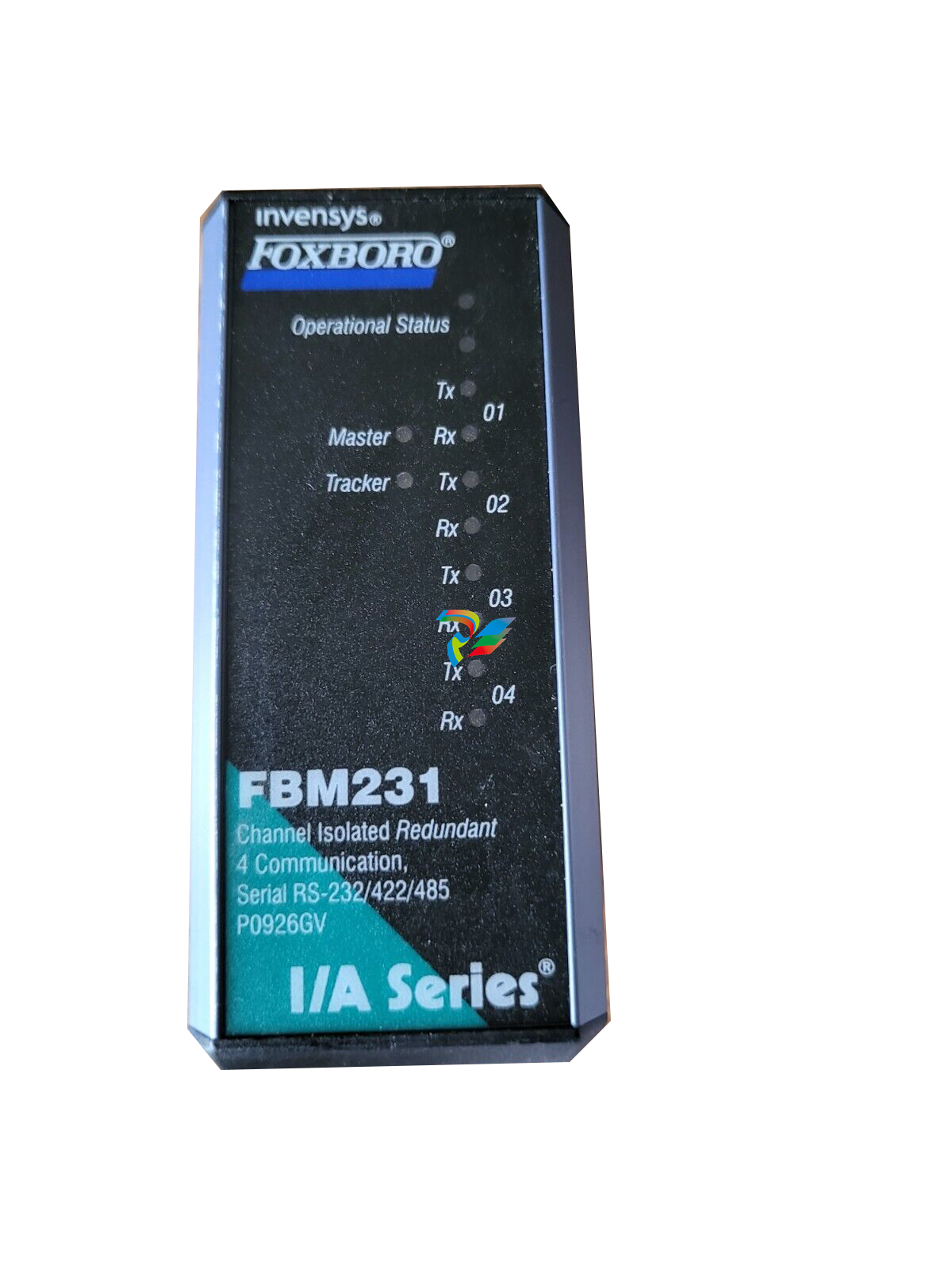
How Modular Automation Is Helping to Create the Chemical Process Control Systems of the Future

The need for chemical producers to enhance the agility of their production processes is calling for a new breed of process control system that can help them to embrace change. Standardized "plug-and-produce" modular automation solutions are helping to create dynamic automation solutions that can adapt quickly to meet changing needs, both today and into the future.
As part of an industry estimated to be worth more than $5.2tn, the world’s chemical producers are facing an increasing array of challenges that are calling for it to rethink its conventional approaches to production and process control.
A key challenge is the rising focus on sustainability. Producers are increasingly being expected to find ways to minimize their carbon emissions and reduce their ecological footprint through the development and implementation of eco-friendlier production techniques, more efficient recycling of chemicals, and waste reduction.
Unpredictable material costs and disruptions to supply chains are also having an impact, especially when it comes to the feedstocks and energy that are crucial to chemical production processes. The fluctuating prices of oil and gas can significantly impact production expenses and profitability.
Added to this is escalating regulatory scrutiny, with governments worldwide tightening regulations to control emissions and ensure the safe handling of chemicals. Compliance with these regulations can be resource, time and cost-intensive, demanding substantial investment in new technologies and infrastructure, as well as keeping a closer eye on the performance of existing production processes.
The highly competitive nature of the chemical industry, coupled with growing demands for customization and faster delivery times is also calling for companies to be able to adapt quickly, either by ramping their processes up or down or rapidly developing new products. Advances in digital technologies including artificial intelligence (AI), machine learning, and IoT are offering growing opportunities to achieve new levels of production agility but utilizing them also brings its own set of challenges, including the need to be able to integrate them into existing process control architectures.
Another pressing concern is the industry’s rising skills shortage. Difficulties in attracting and retaining skilled workers means that engineering teams are becoming increasingly stretched, compelling producers to find new ways of utilizing their existing people more effectively, including through the greater use of automation and digital technologies.
Changing demands call for a changed approach
Meeting these challenges calls for a radical departure from the monolithic automation systems that have traditionally been used to manage and control plants. In these systems, a master controller is used to execute custom-built source code to manage sequencing, motion and I/O throughout the production line. As such systems are typically designed and optimized for a particular plant layout, product range and ideal throughput, they offer limited scope for accommodating future changes.
While suited for conventional large-scale, mass production of single products where demand cycles are either constant or highly predictable, these systems lack the flexibility needed to cope with the growing raft of challenges facing today’s producers, especially when it comes to meeting the demands for faster, more flexible production. With an increasing trend towards customization, there is a need for producers to shift from lines geared for mass production towards ones designed for smaller batch production.
With systems designed for specific plants or processes, it can also be difficult to replicate them across other sites, presenting potential issues for companies operating from multiple locations. In particular, as both systems and the expertise to support them will likely end up differing from site to site, it can be complicated to achieve a consistent company-wide benchmark for areas such as quality, cost and energy consumption.
This necessarily entails a rethink in the design of process control systems in two ways. Firstly, there is a need to move away from traditional centralized architectures towards new concepts that enable a fast response to changes in production that will ensure maximum efficiency without incurring maximum cost.
Secondly, in making this move, there is the opportunity to consider how best to integrate the opportunities offered by Industry 4.0 and Internet of Things (IoT) technologies that can be used to optimize both process and worker performance and transform plant maintenance and operation.
Many of the challenges facing chemical producers identified at the outset of this article are being addressed by designers incorporating new technologies backed up by edge and cloud computing that are offering expanded possibilities for enhanced interaction with production plant.
Examples include the use of advanced sensors and analytics to optimize energy use and minimize waste products to address the industry's environmental responsibilities and cost-saving imperatives. This focus on sustainability is not only reducing the industry's ecological footprint but also enhancing its economic viability and helping to ensure regulatory compliance through improved monitoring and reporting.
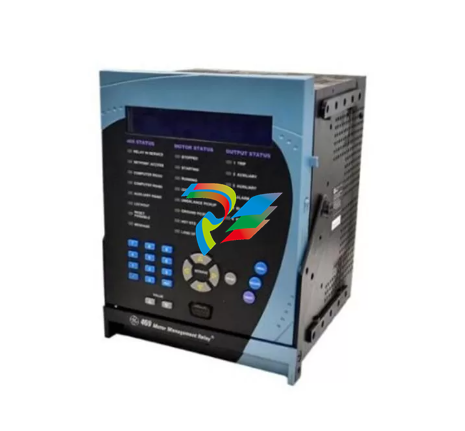
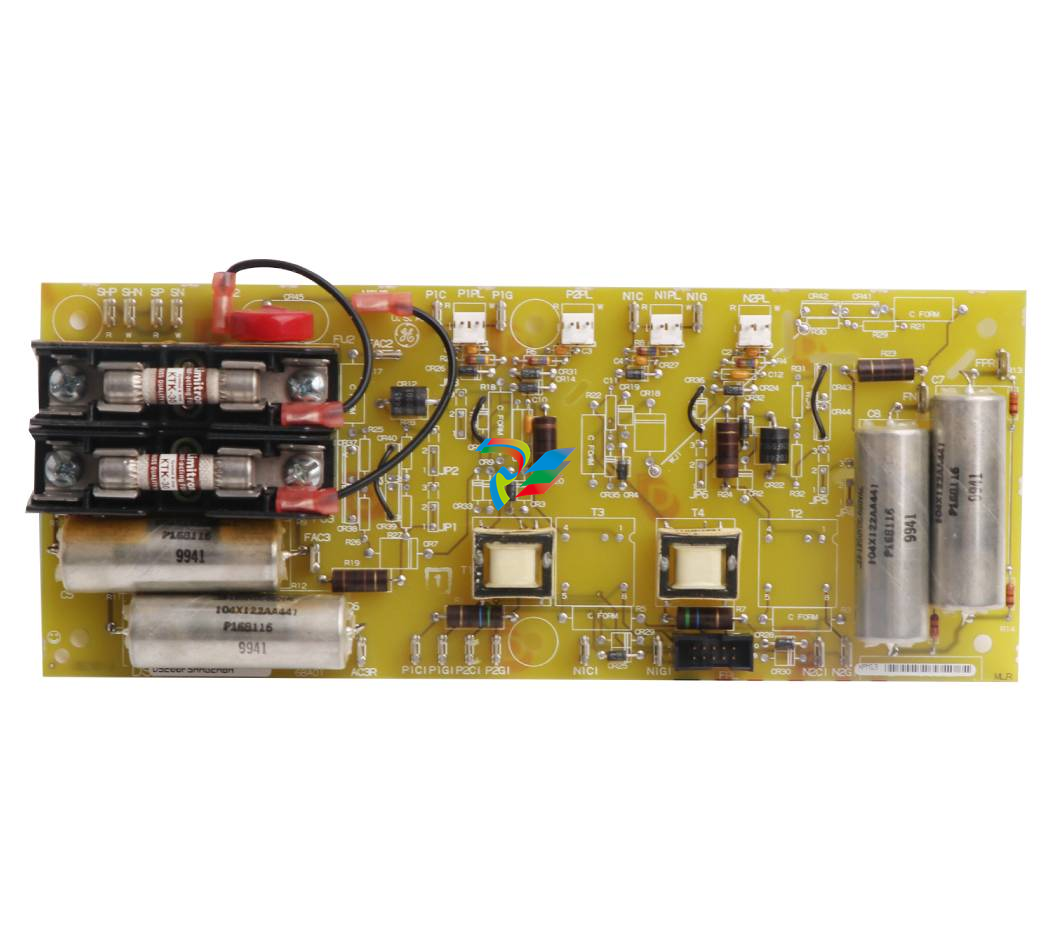
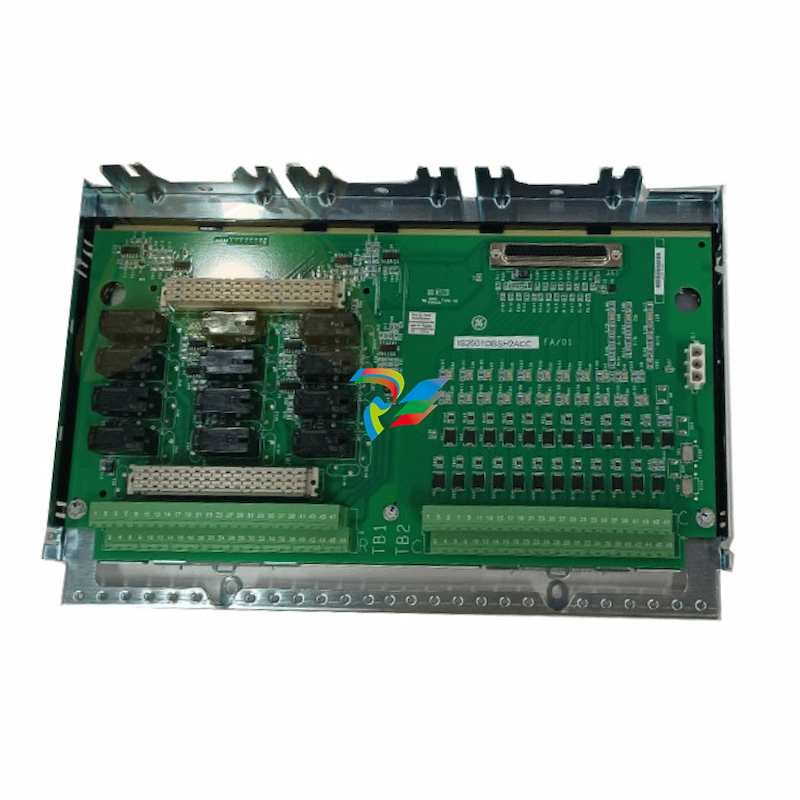
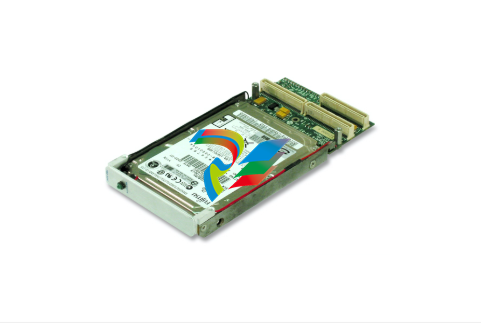
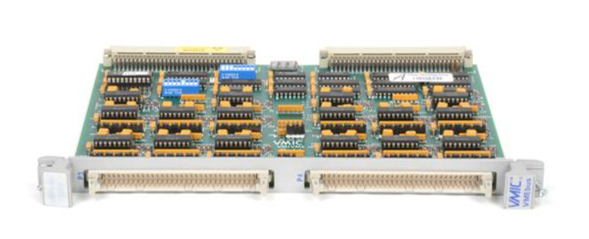
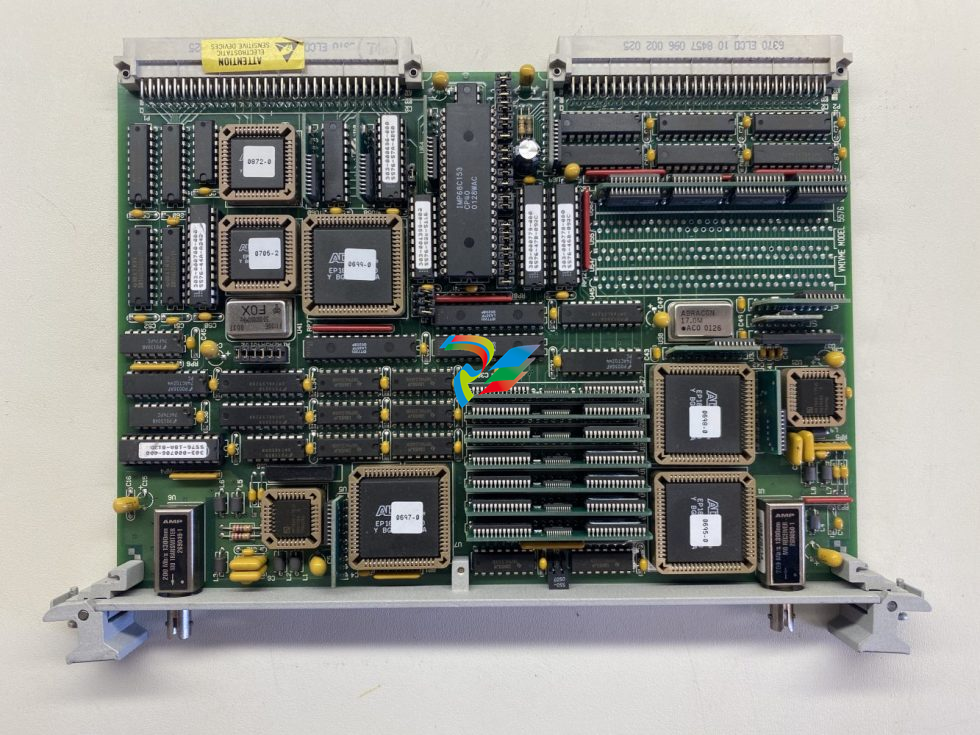
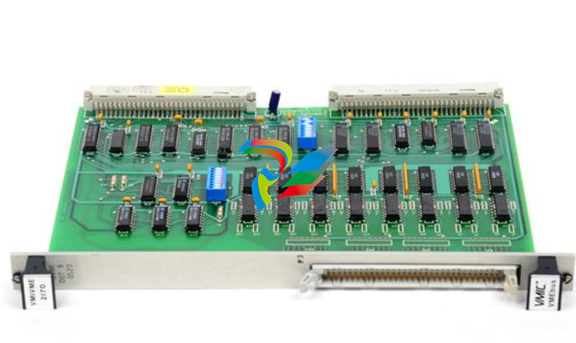
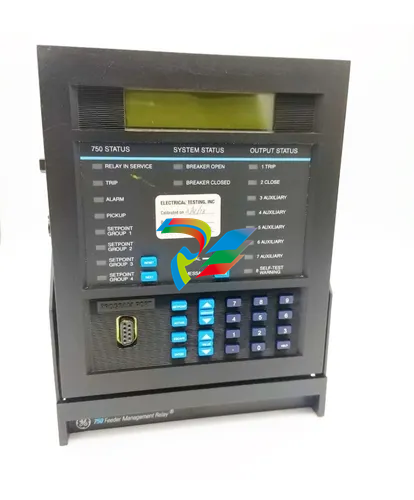
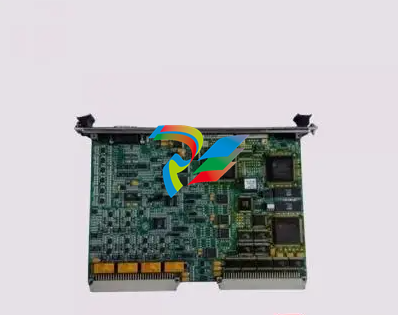
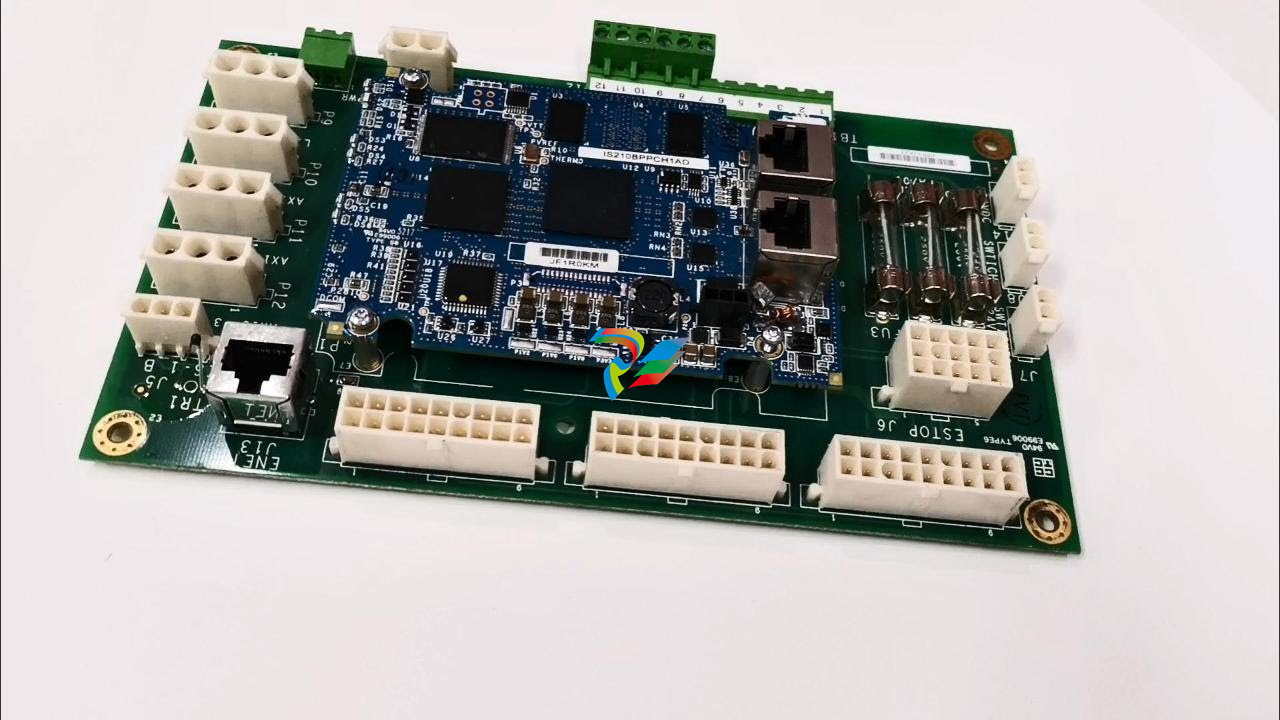
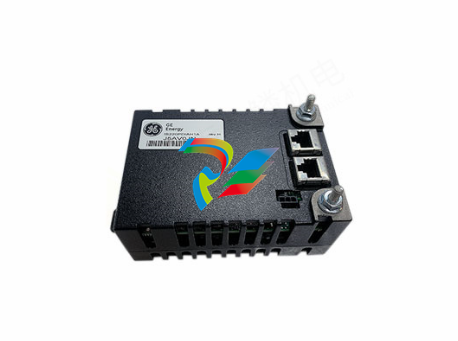
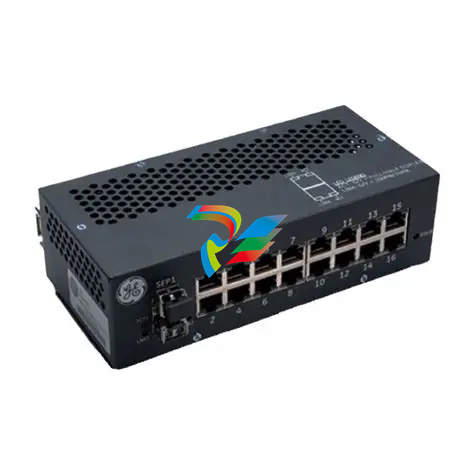
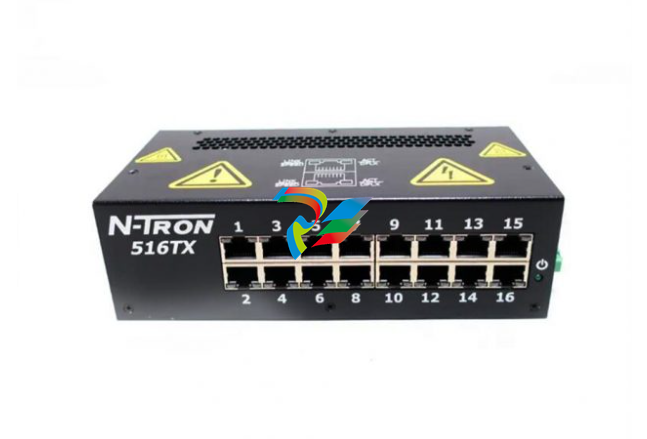
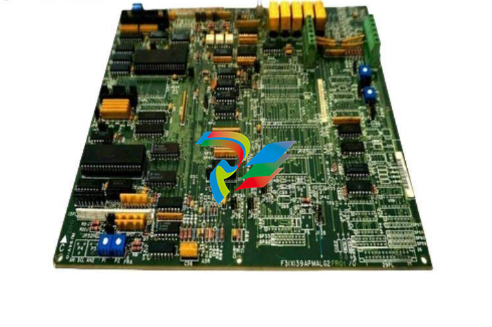
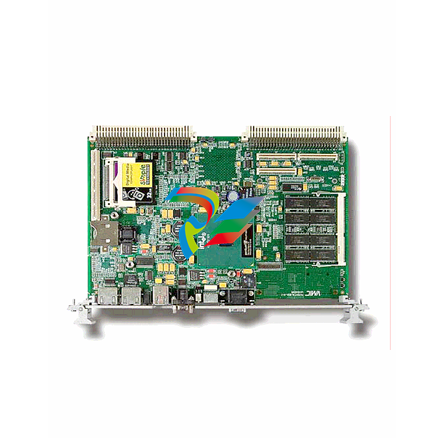
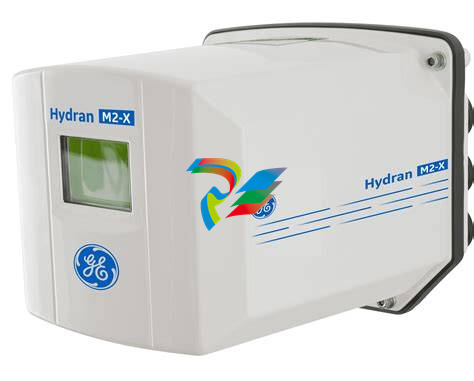
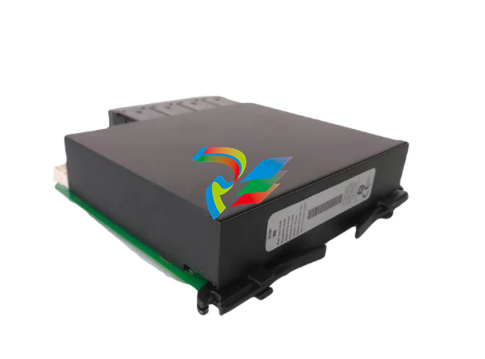
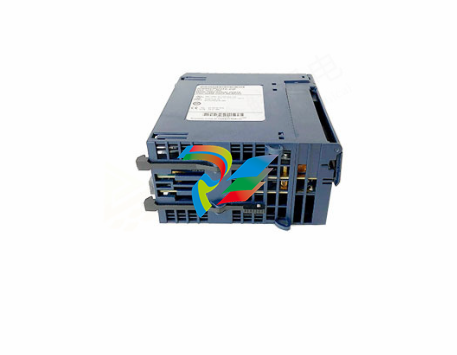
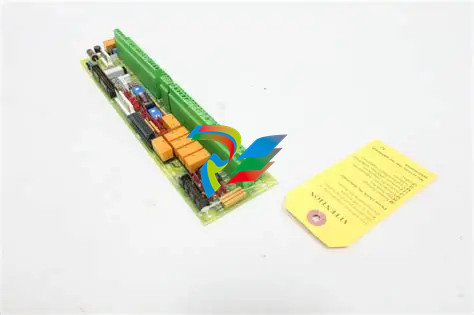
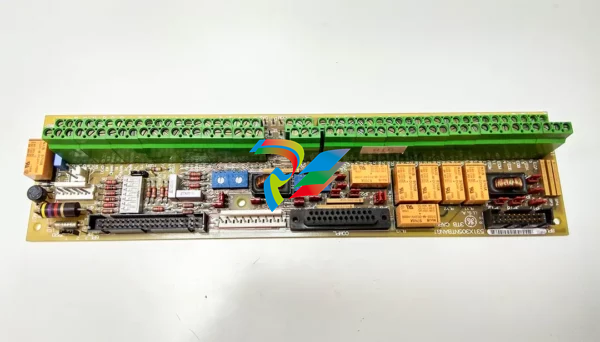
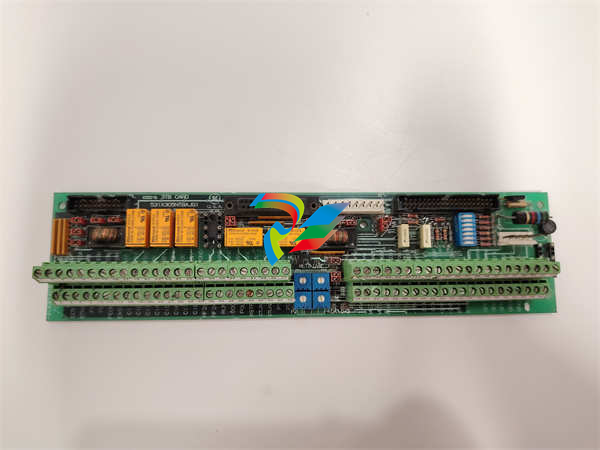

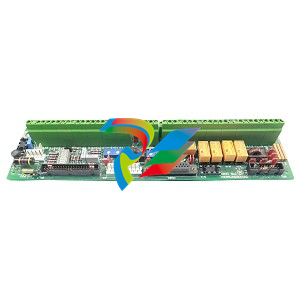
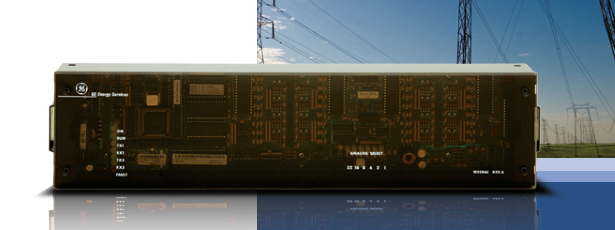
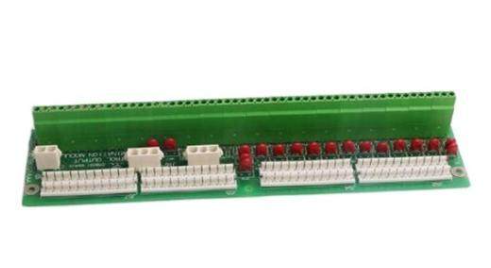
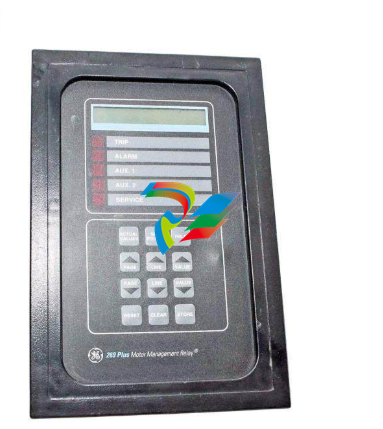
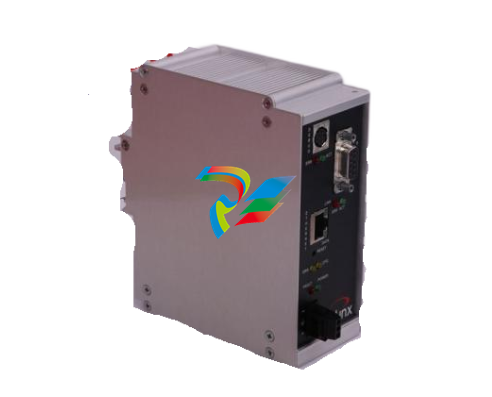
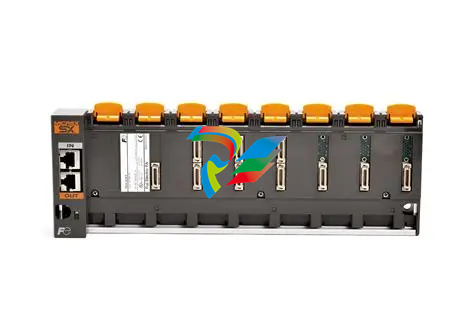
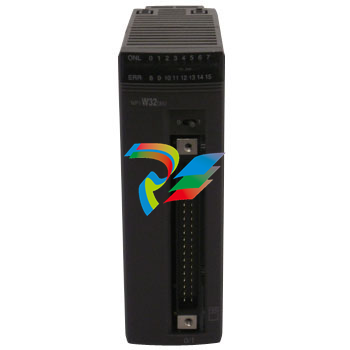
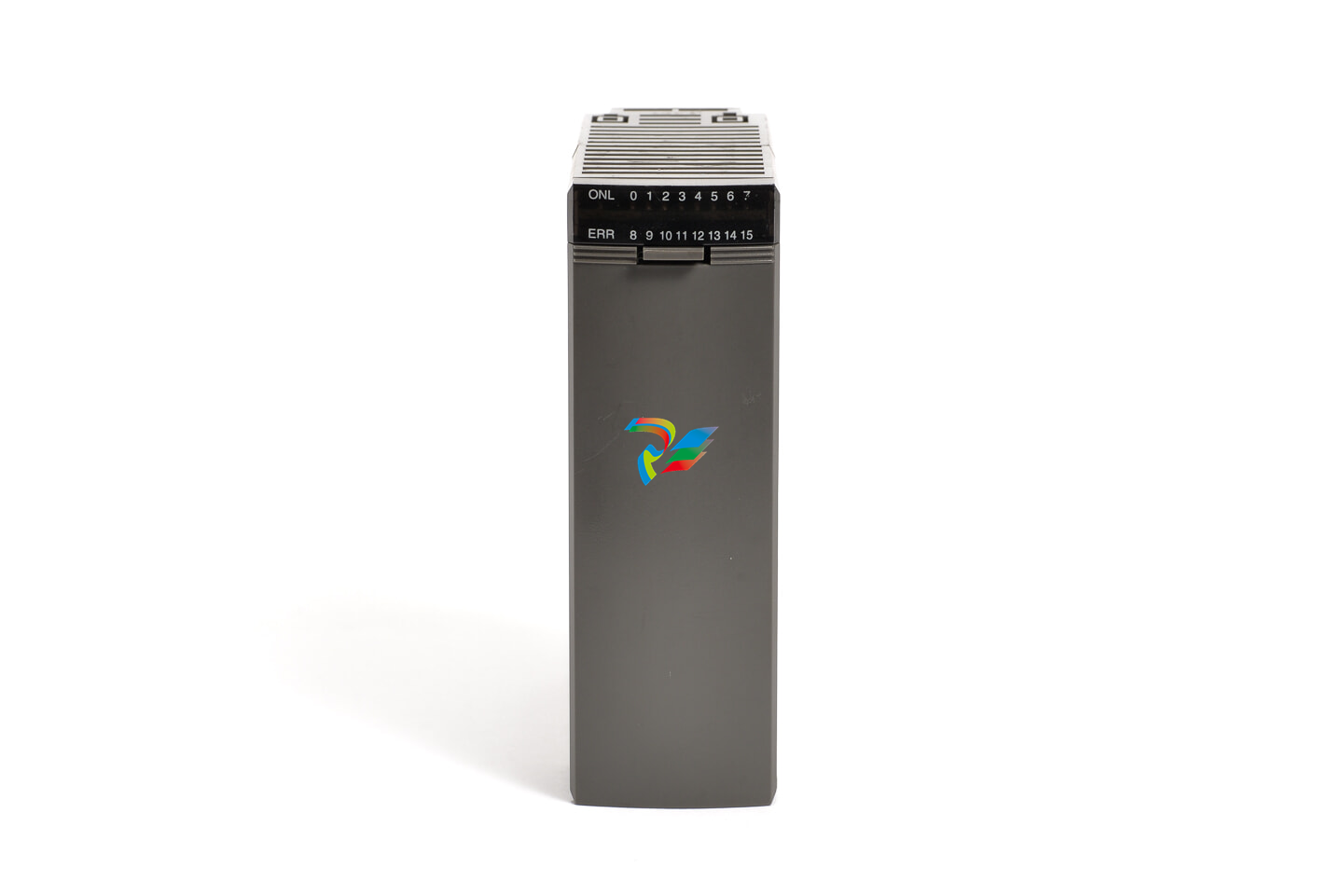
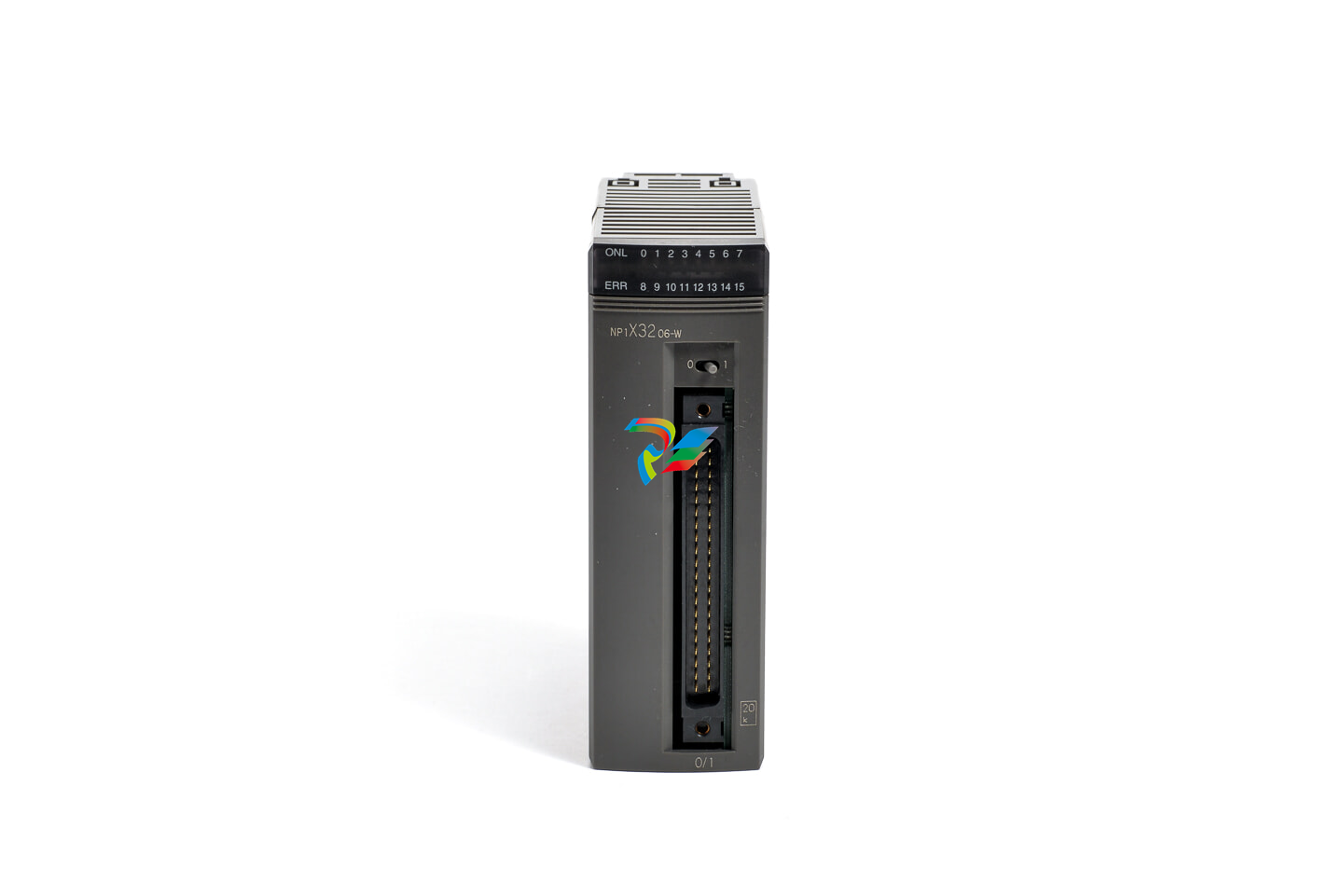
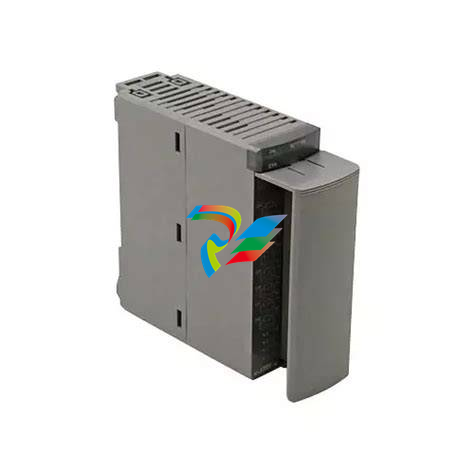
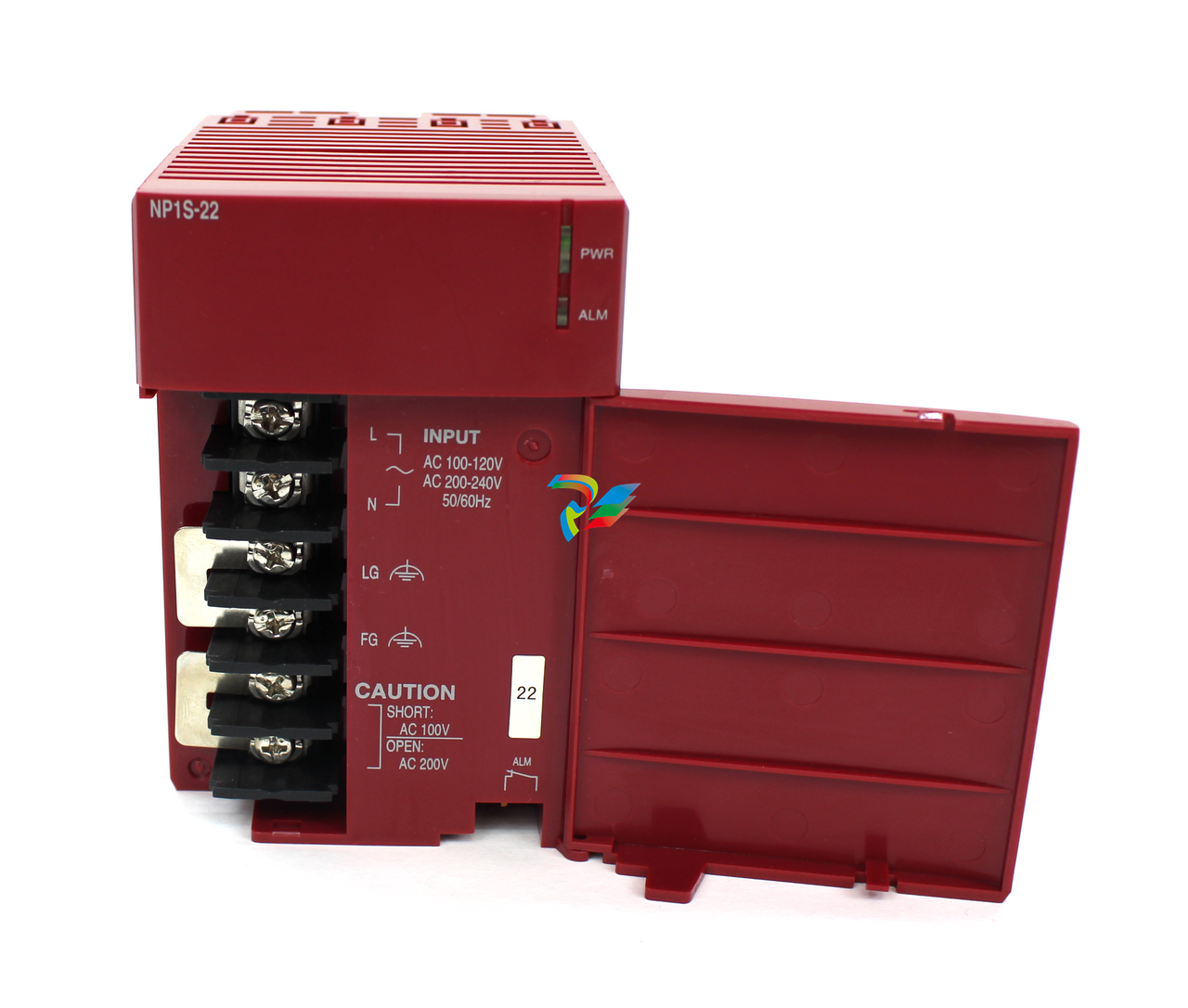
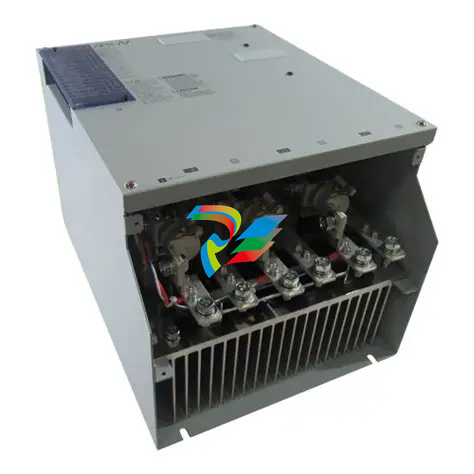
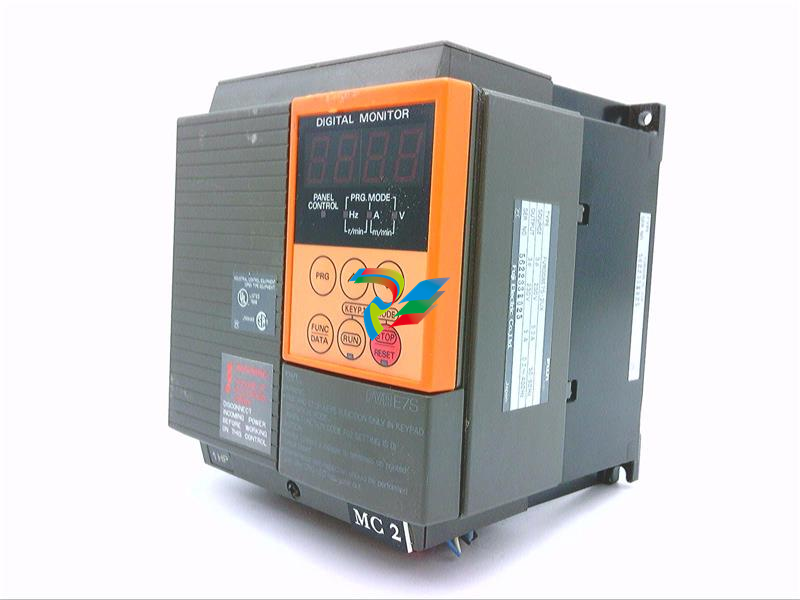
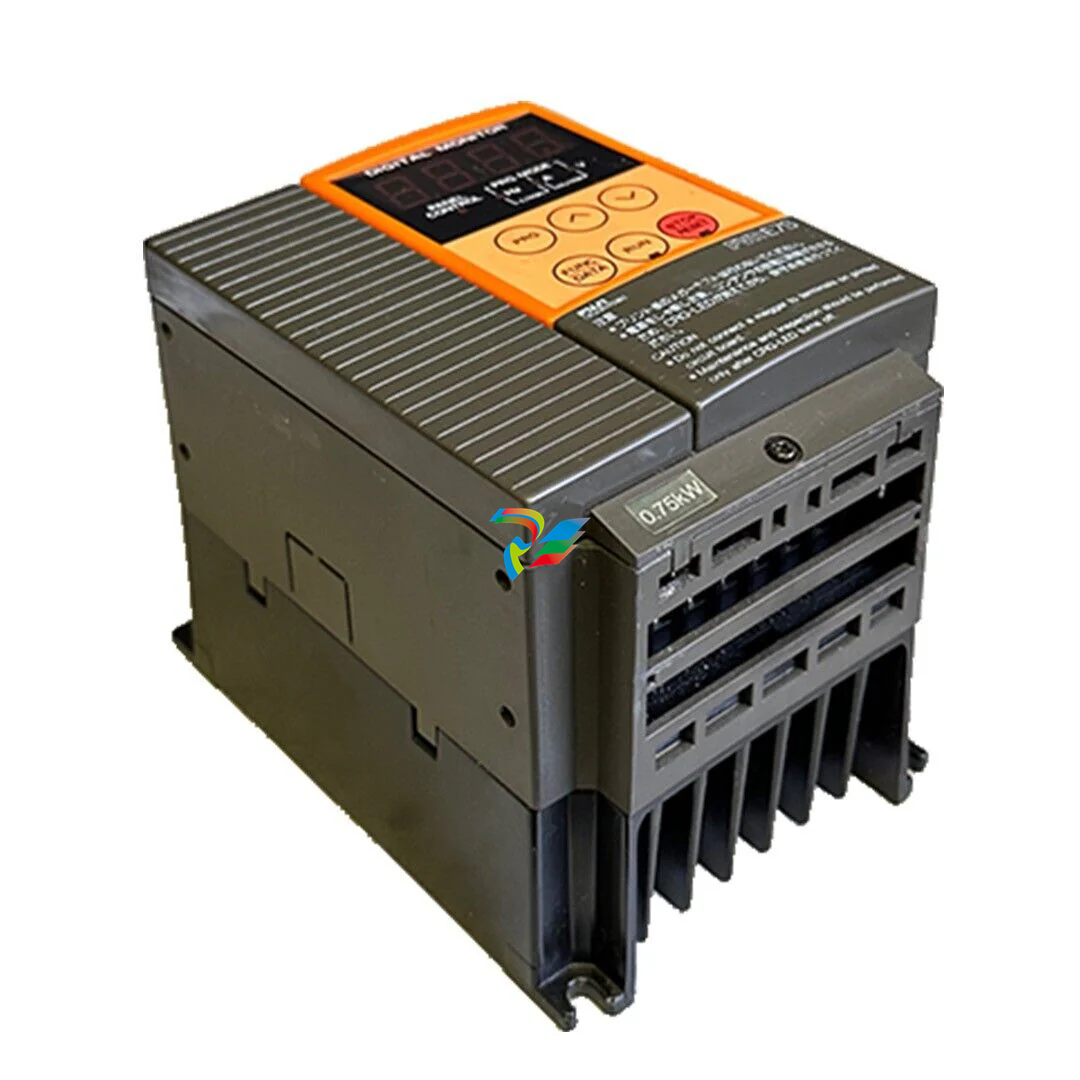
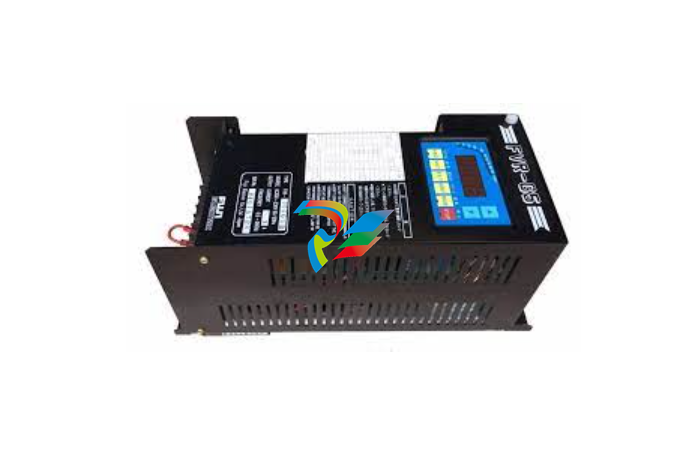
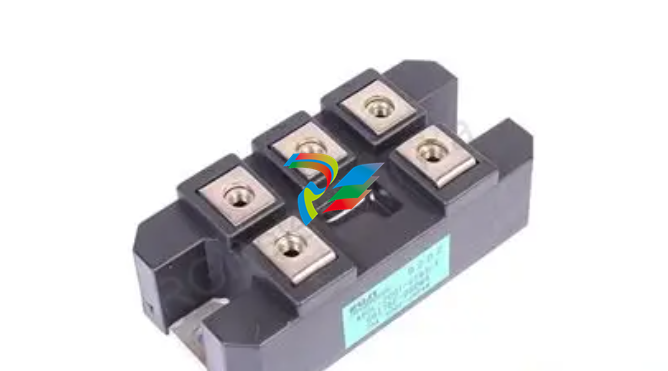
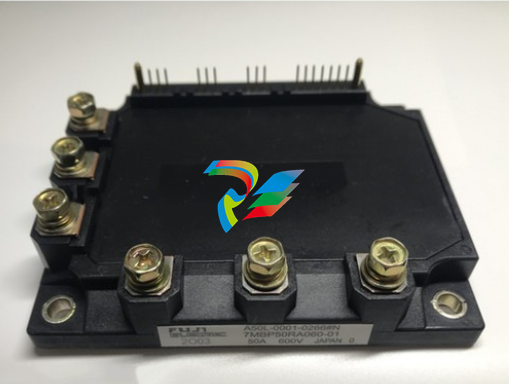
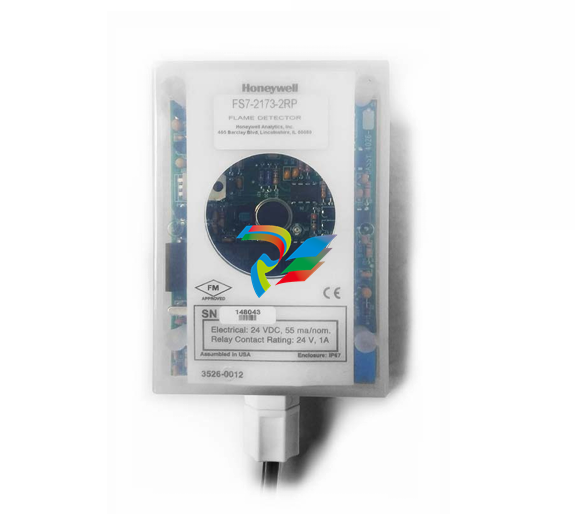
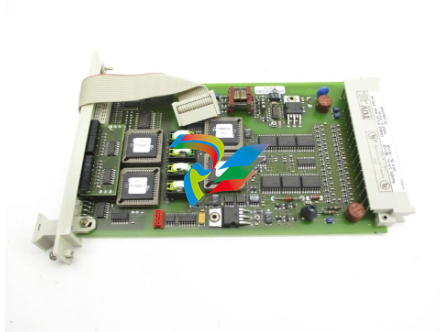
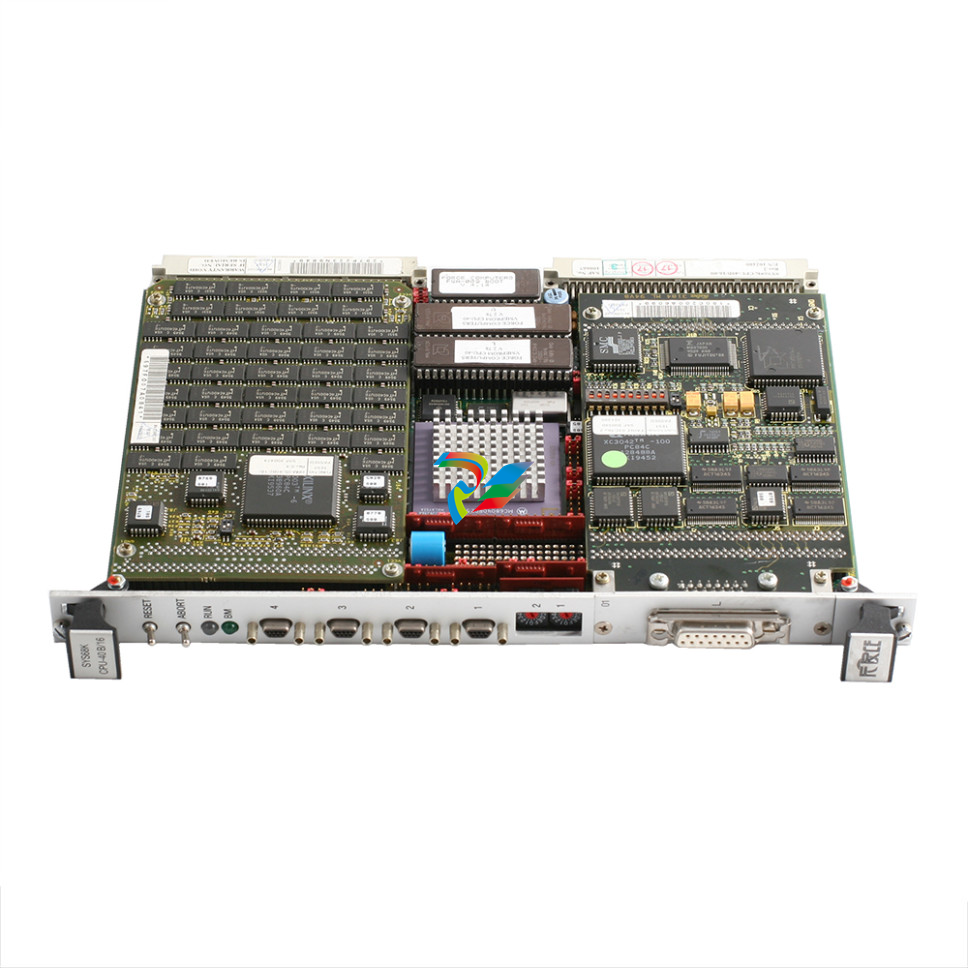
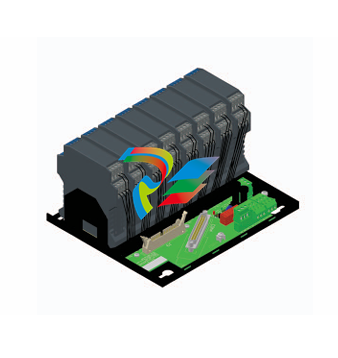
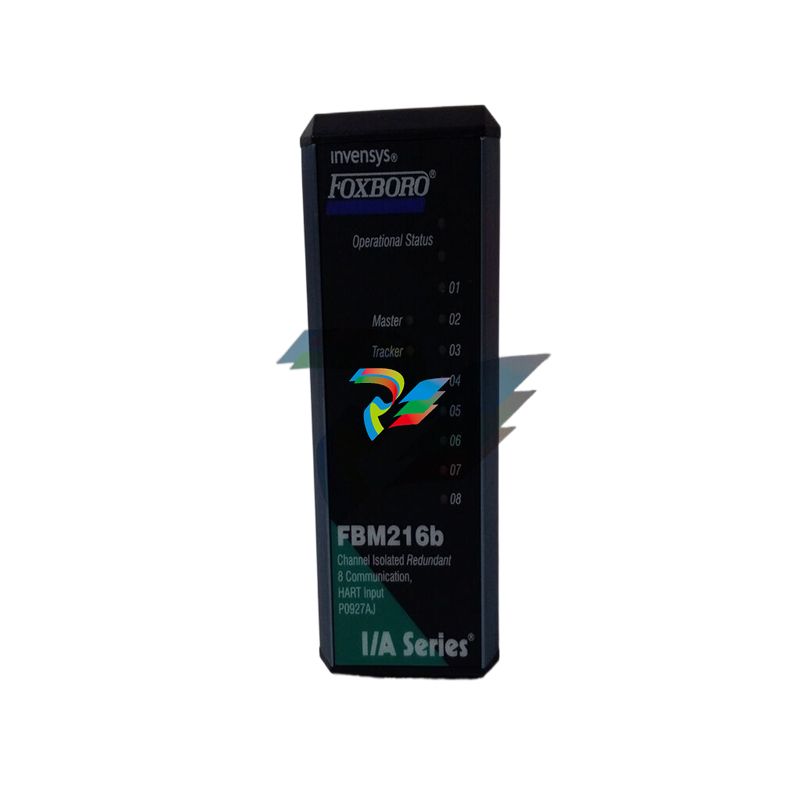
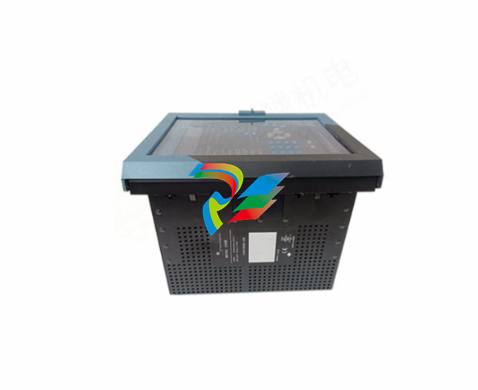
.jpg)
.jpg)
.jpg)
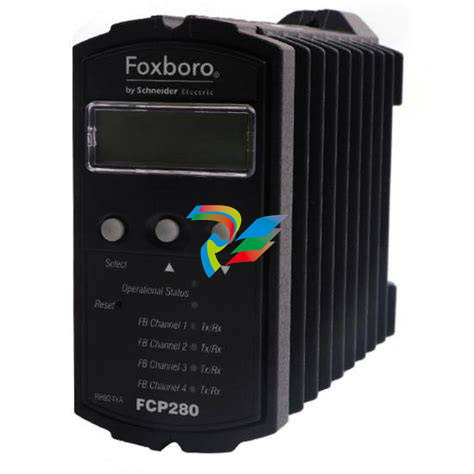
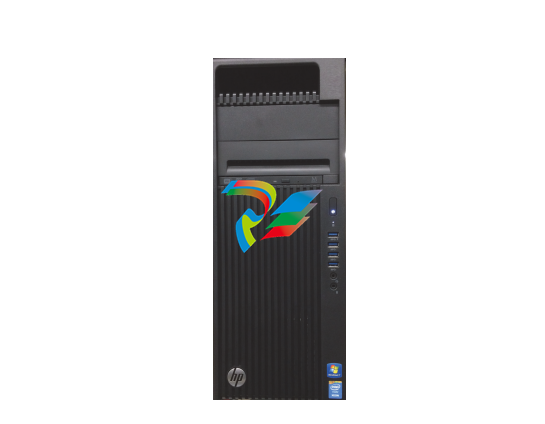
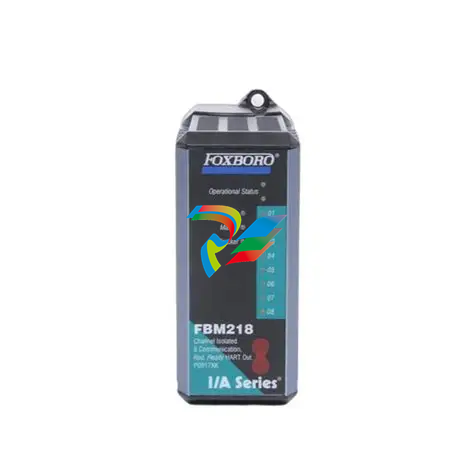
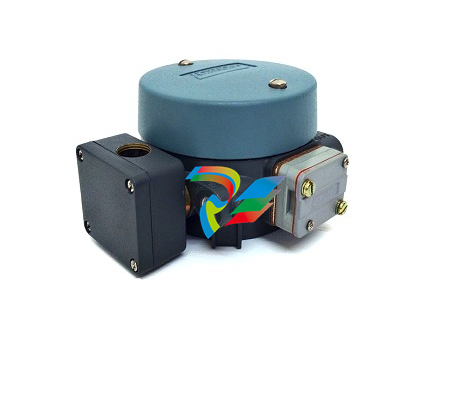
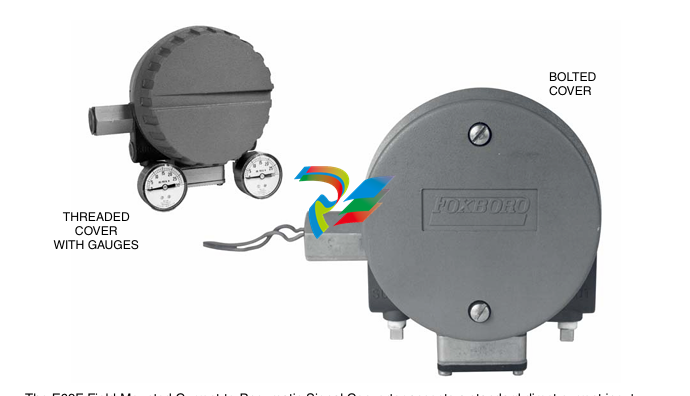
.jpg)
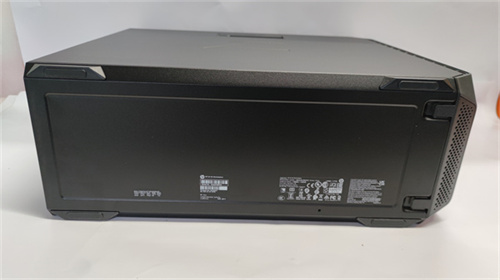
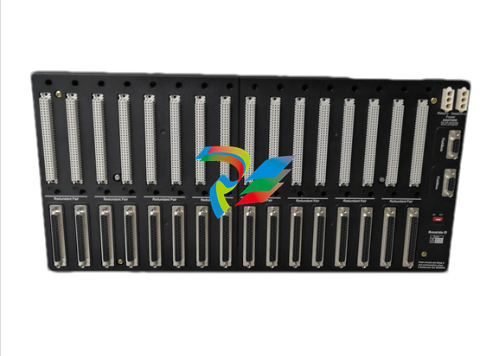
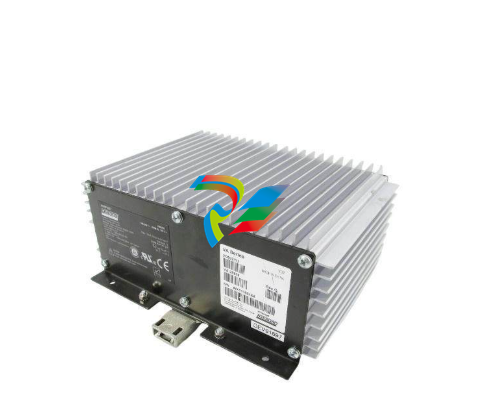
.png)
.jpg)
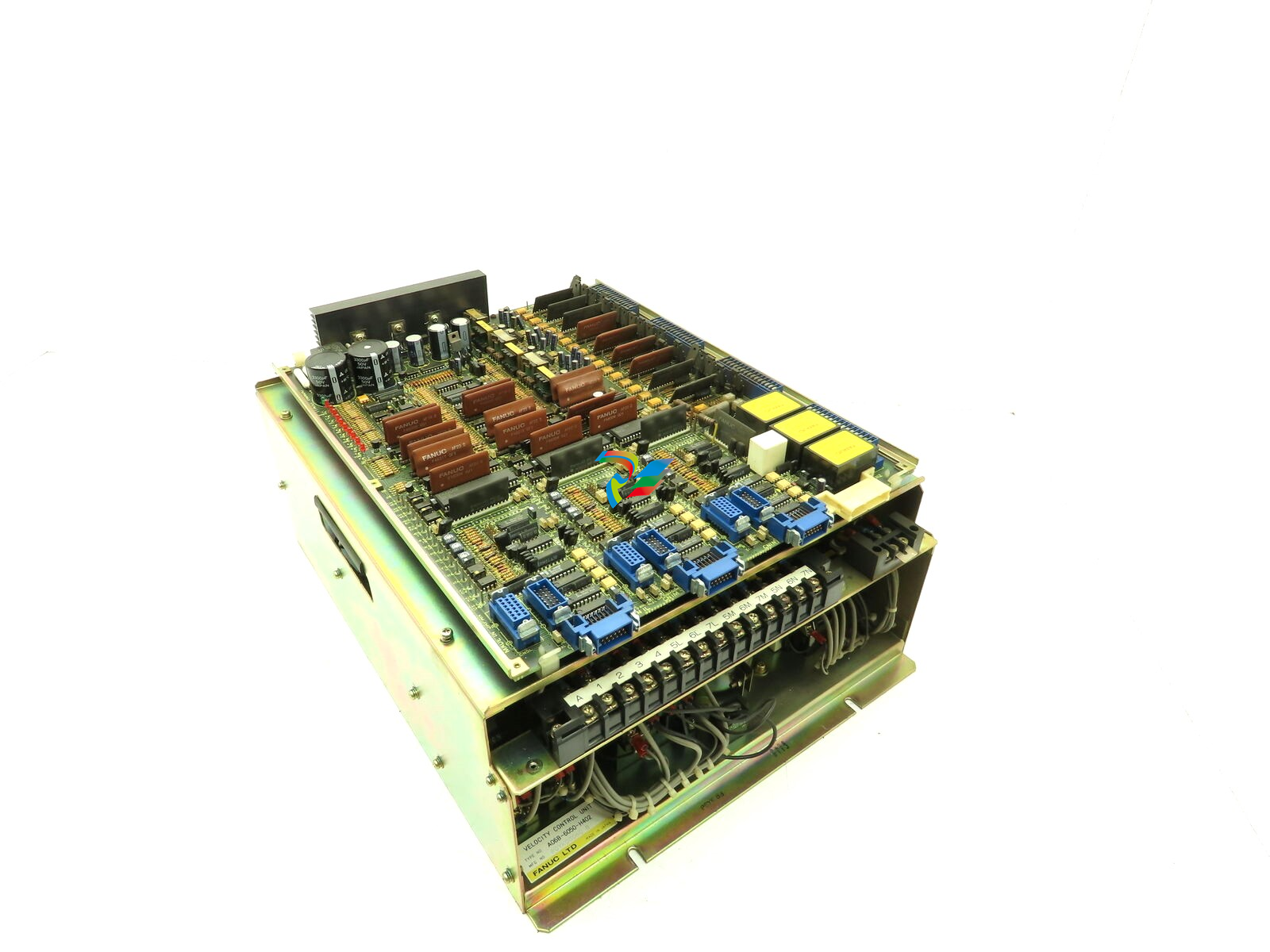
.jpg)
_lVjBYb.jpg)
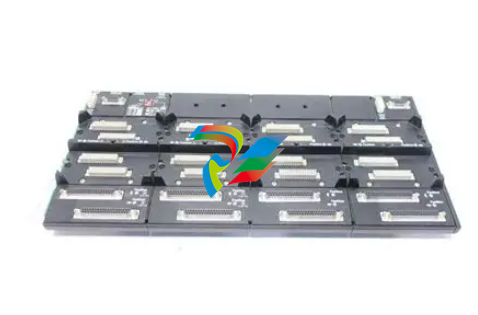
.jpg)
.jpg)
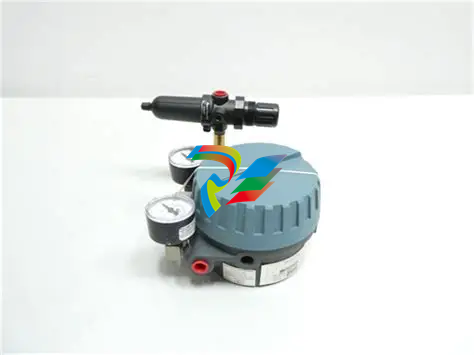
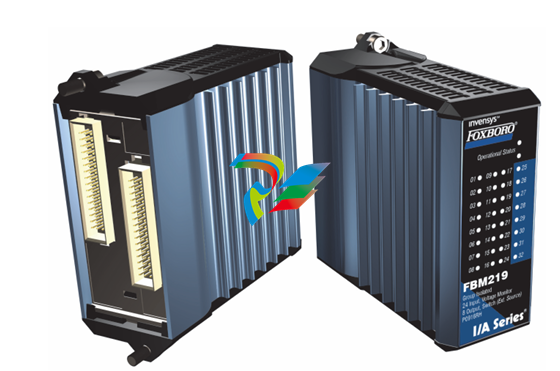
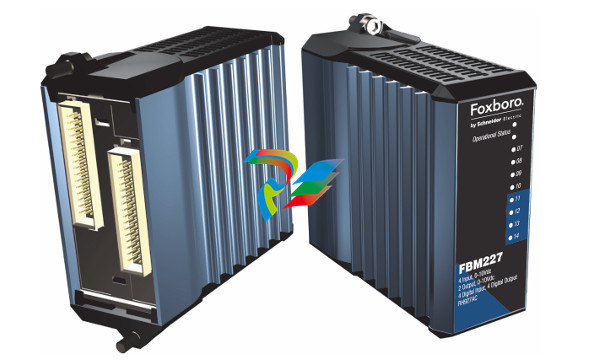
.jpg)
.jpg)
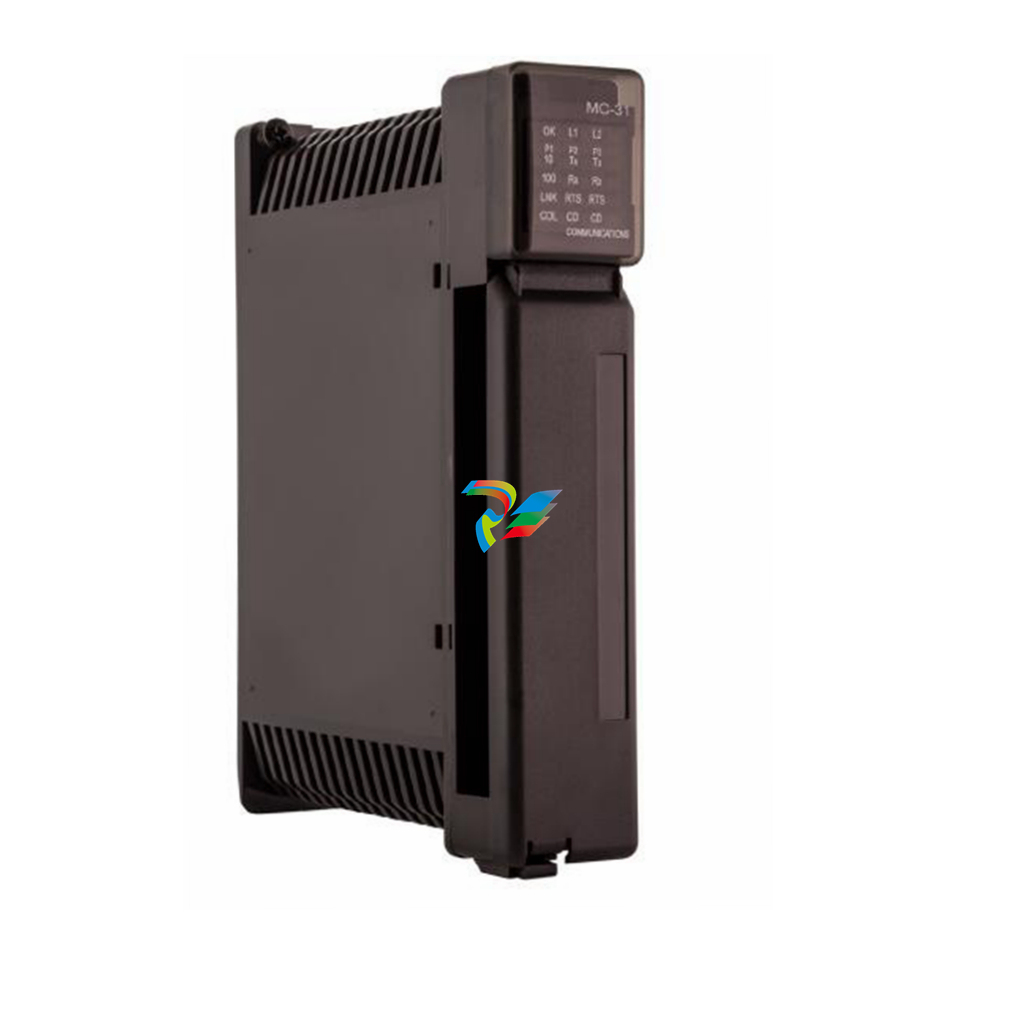
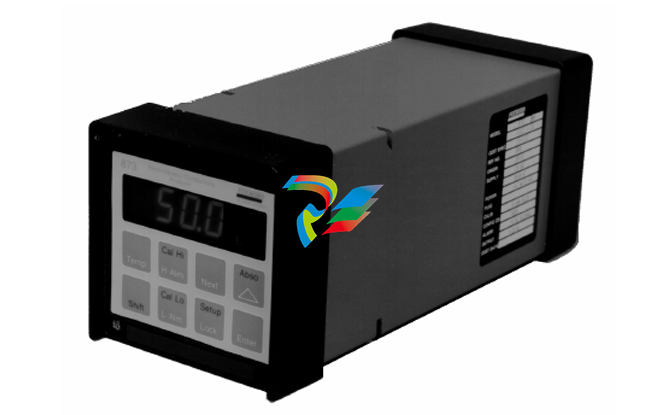
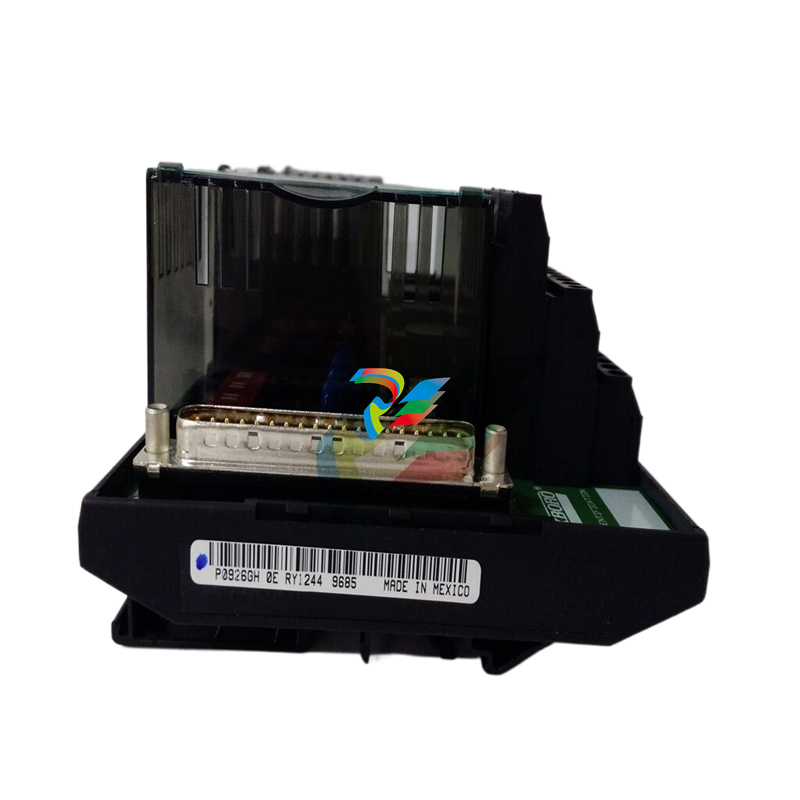
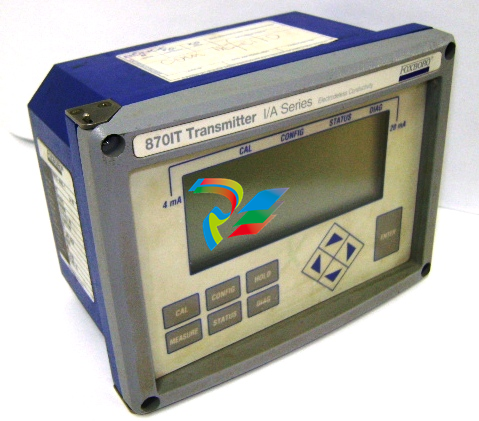
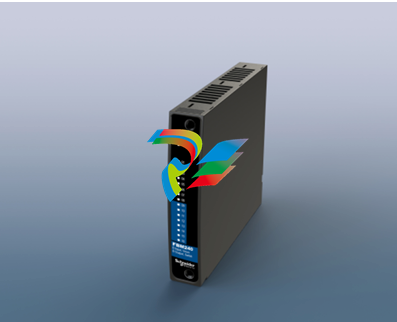
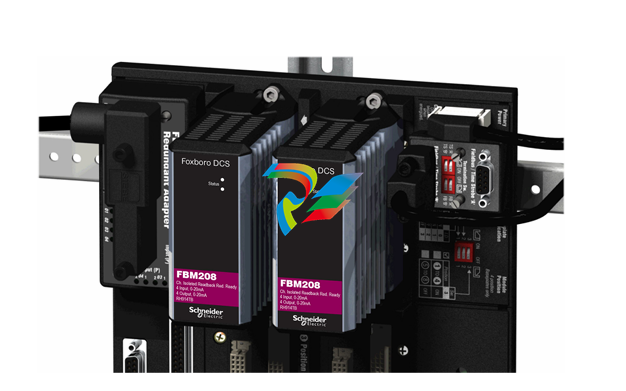
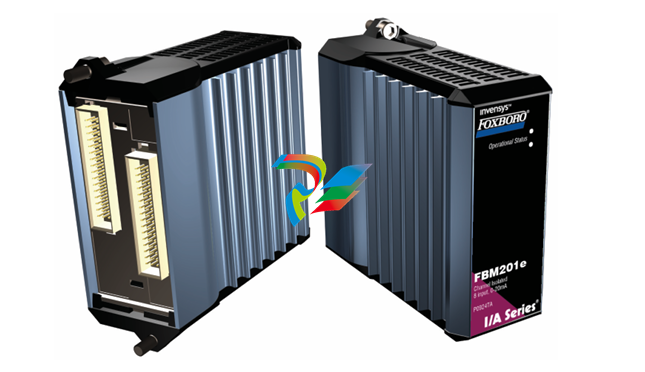
.jpg)
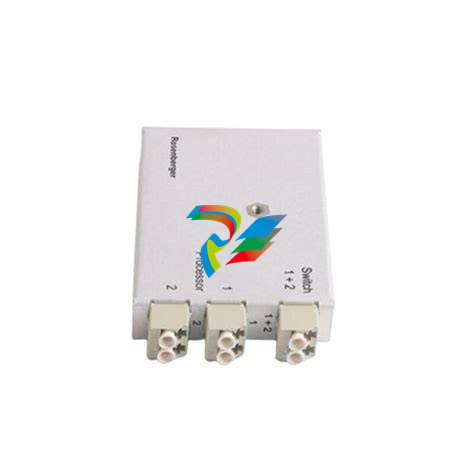
.jpg)
.jpg)
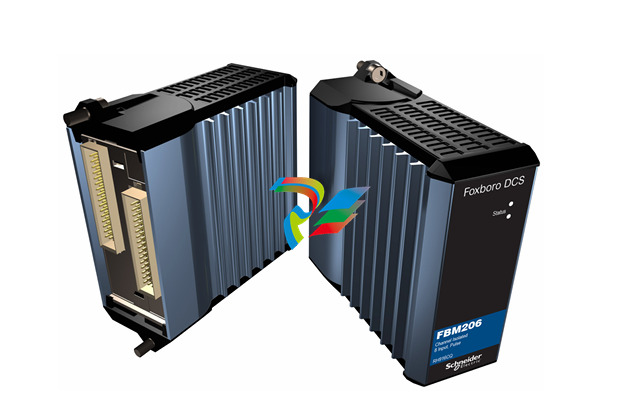
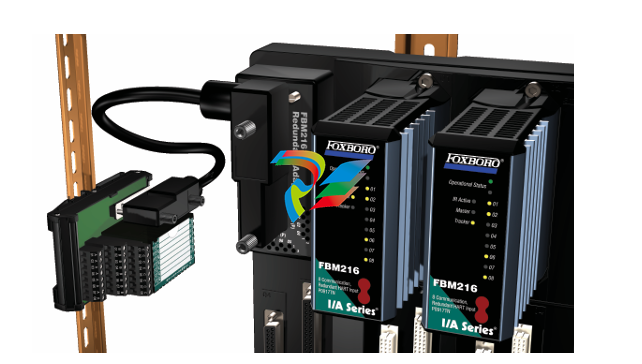
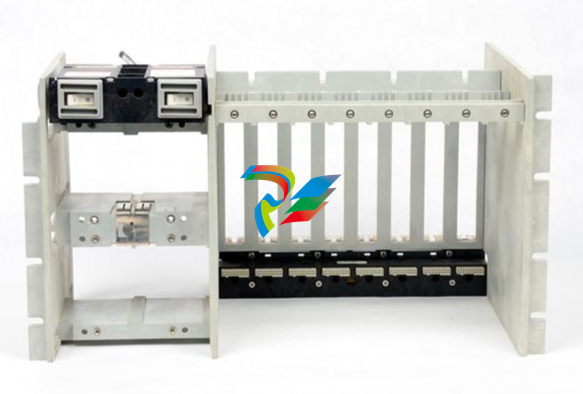
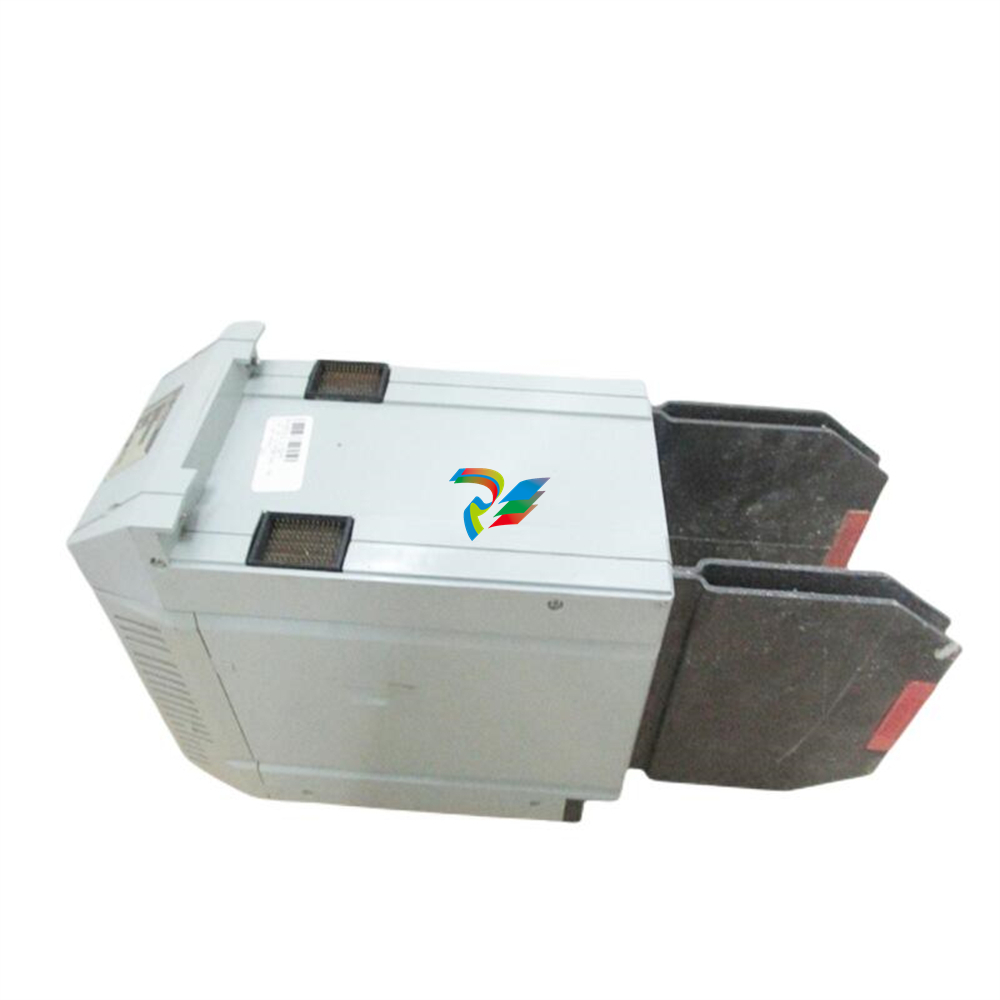
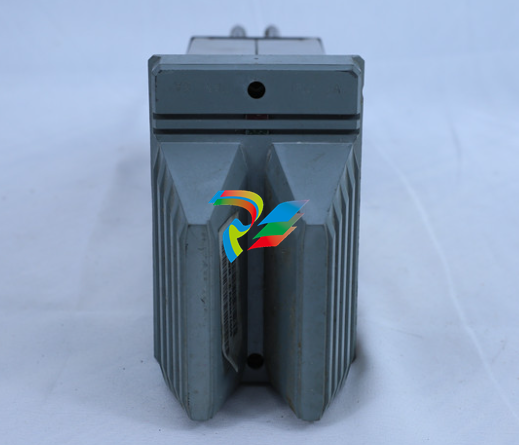
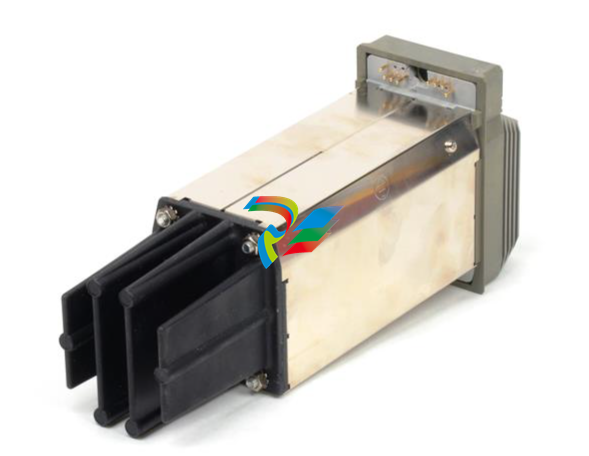
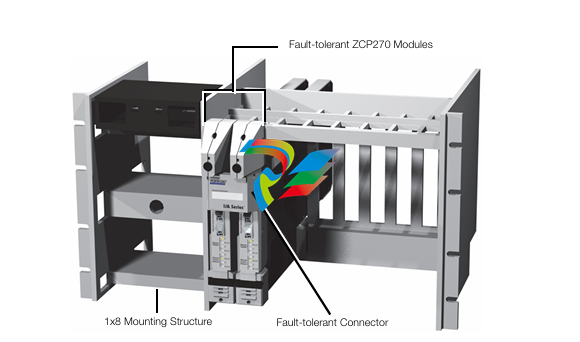
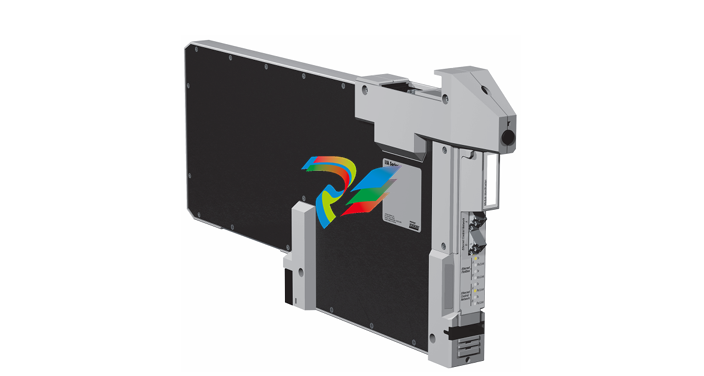
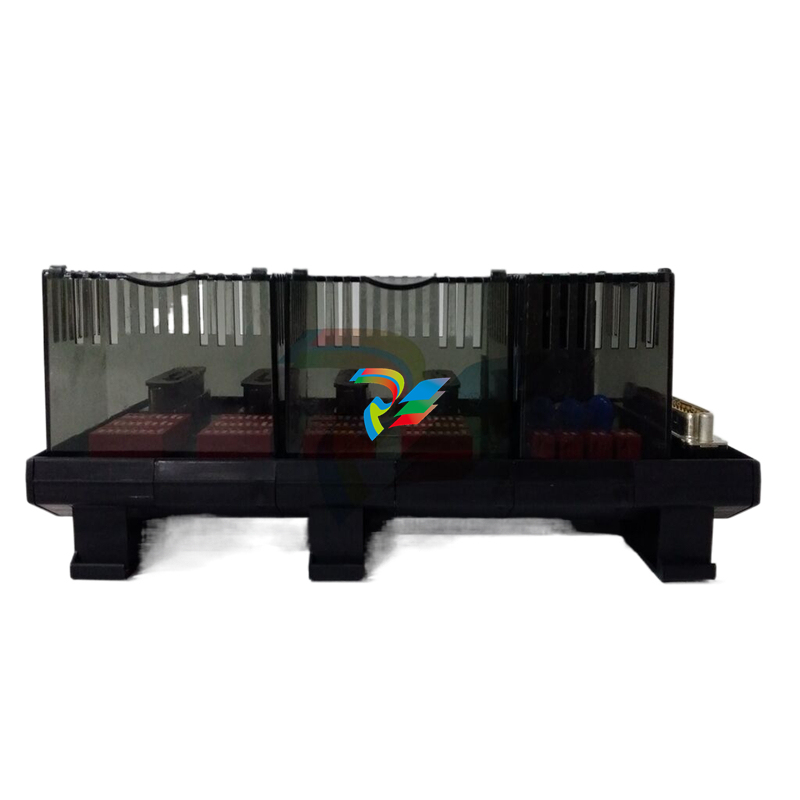
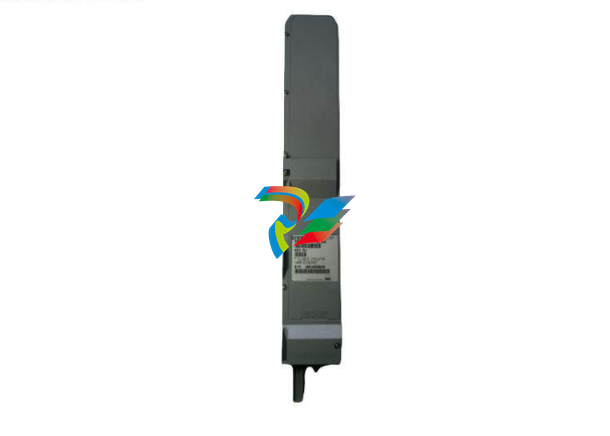
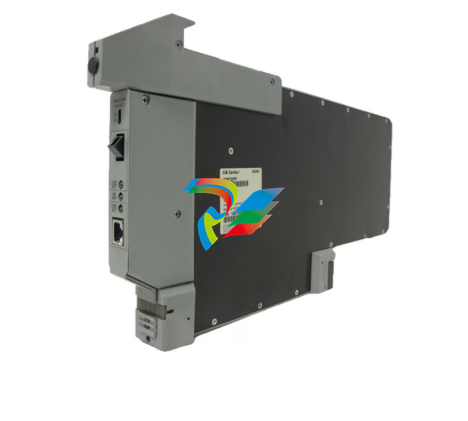
.jpg)
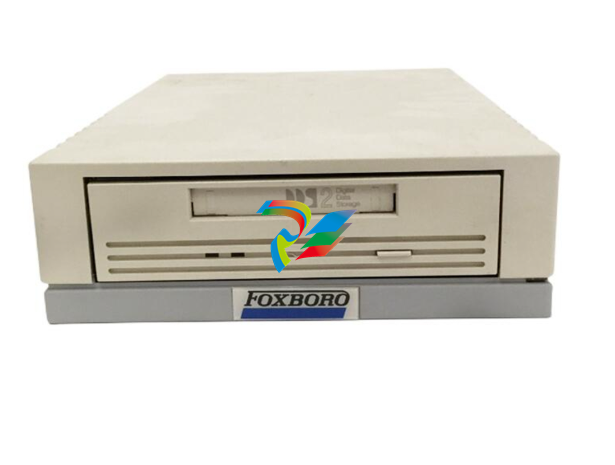
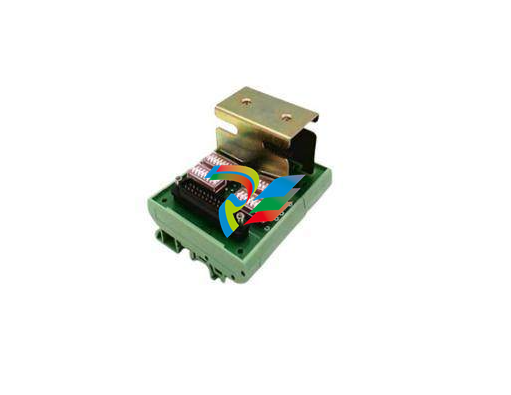
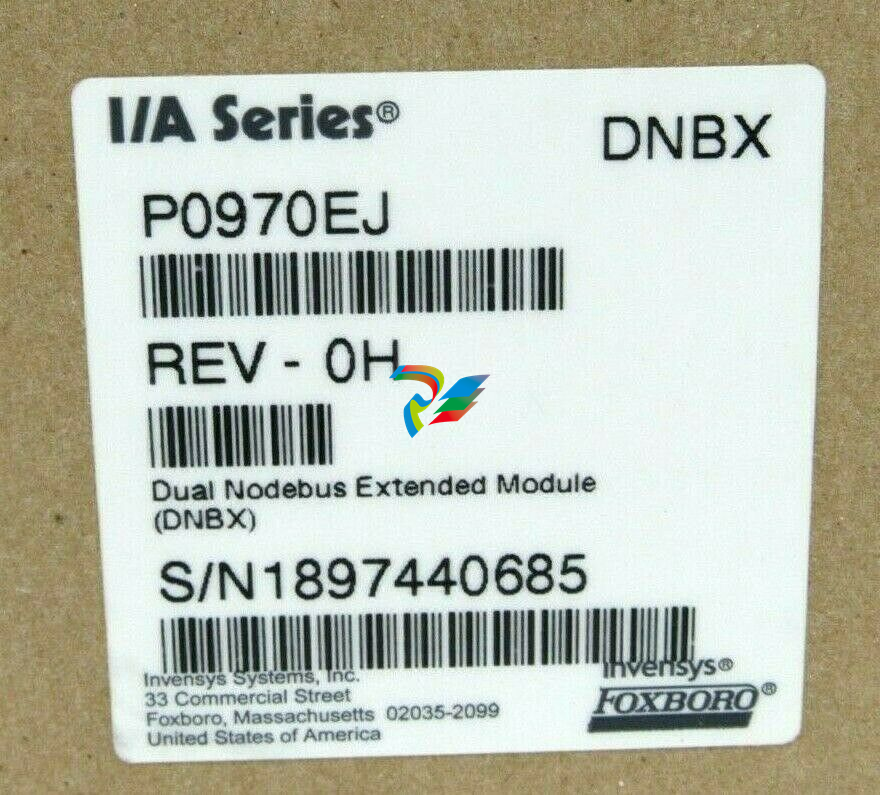
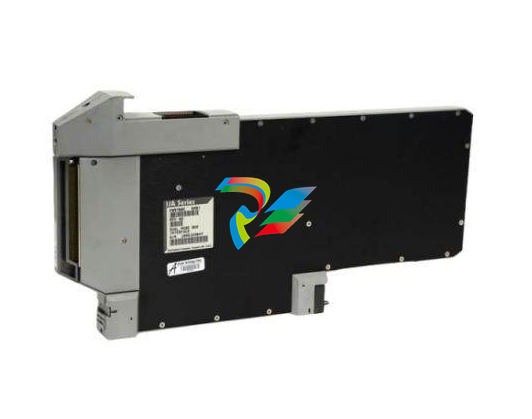
.jpg)
.jpg)
.jpg)
.jpg)
.jpg)
.jpg)
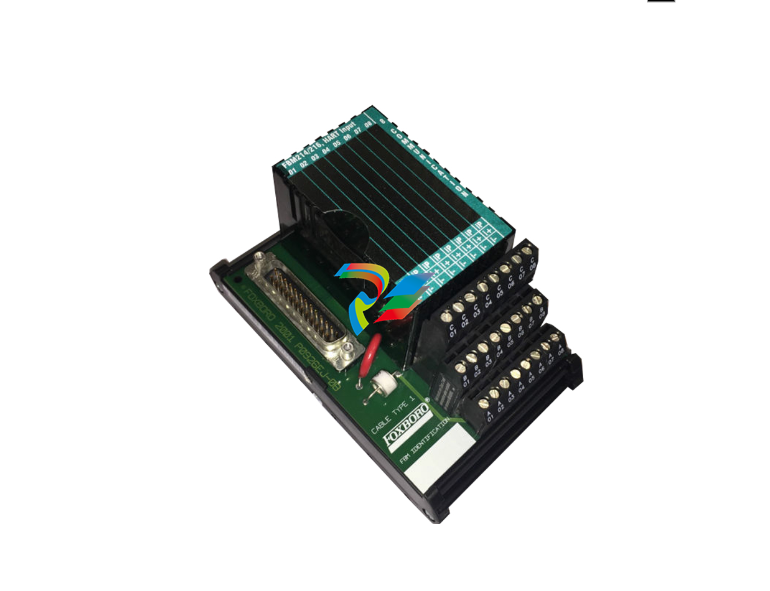
.jpg)
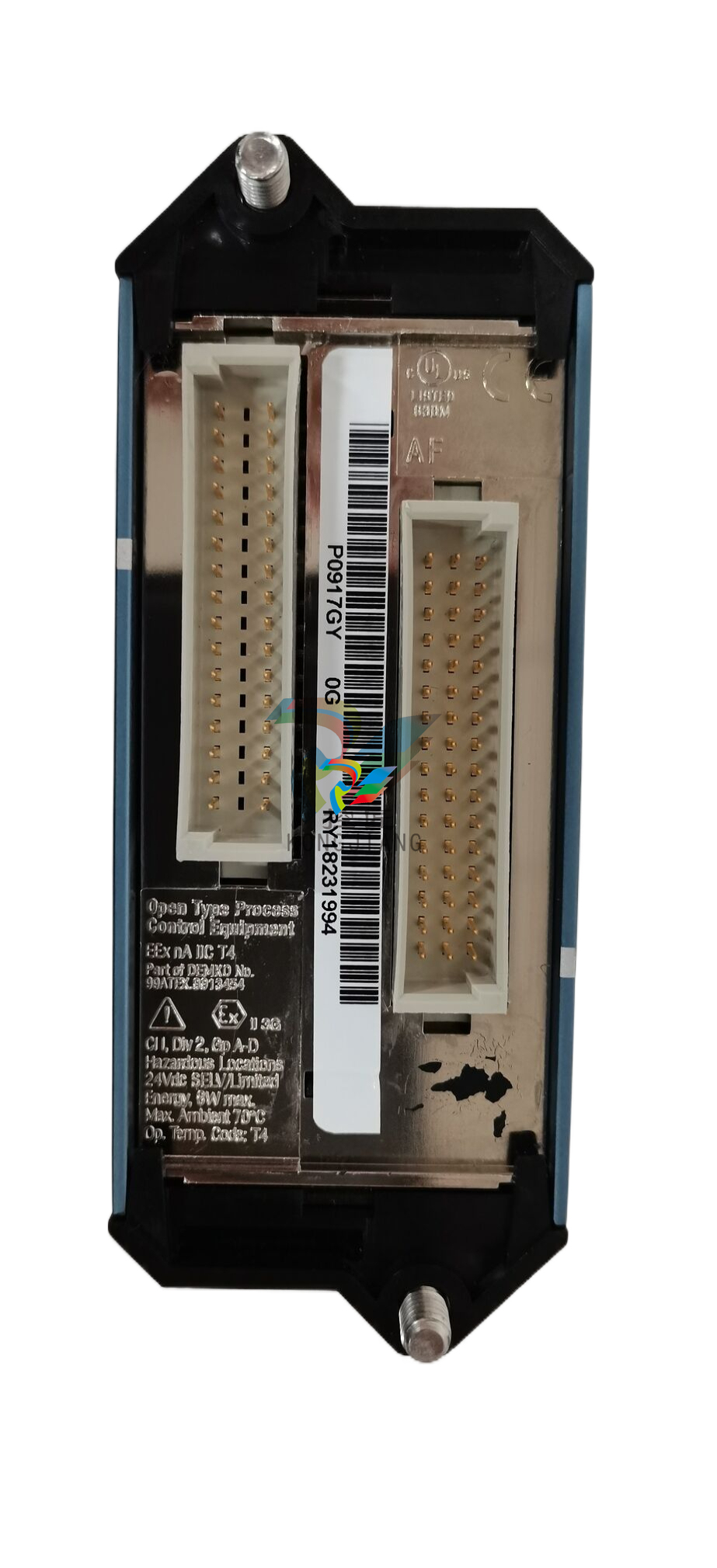
.jpg)
.jpg)
.jpg)
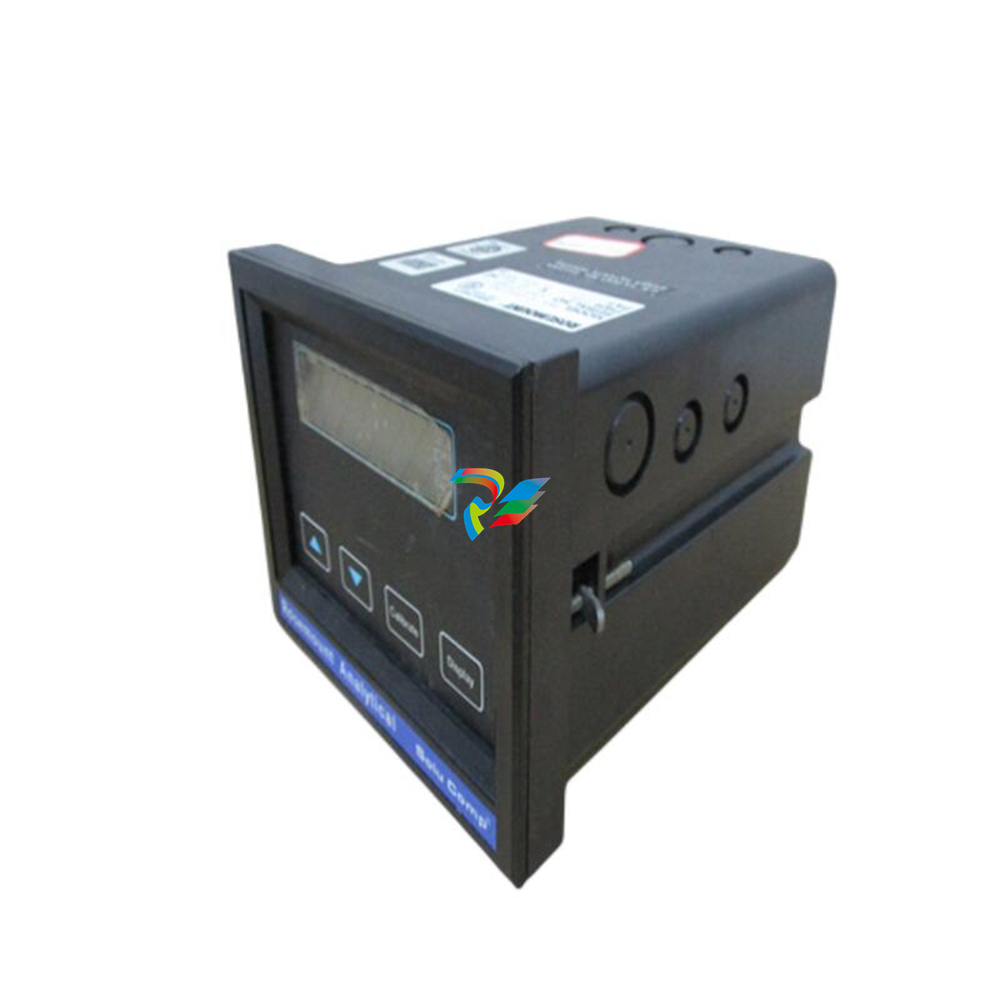
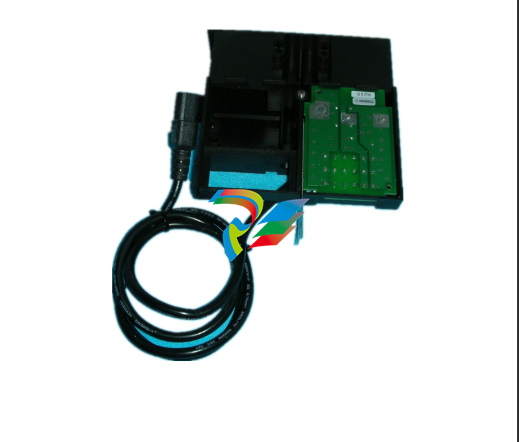
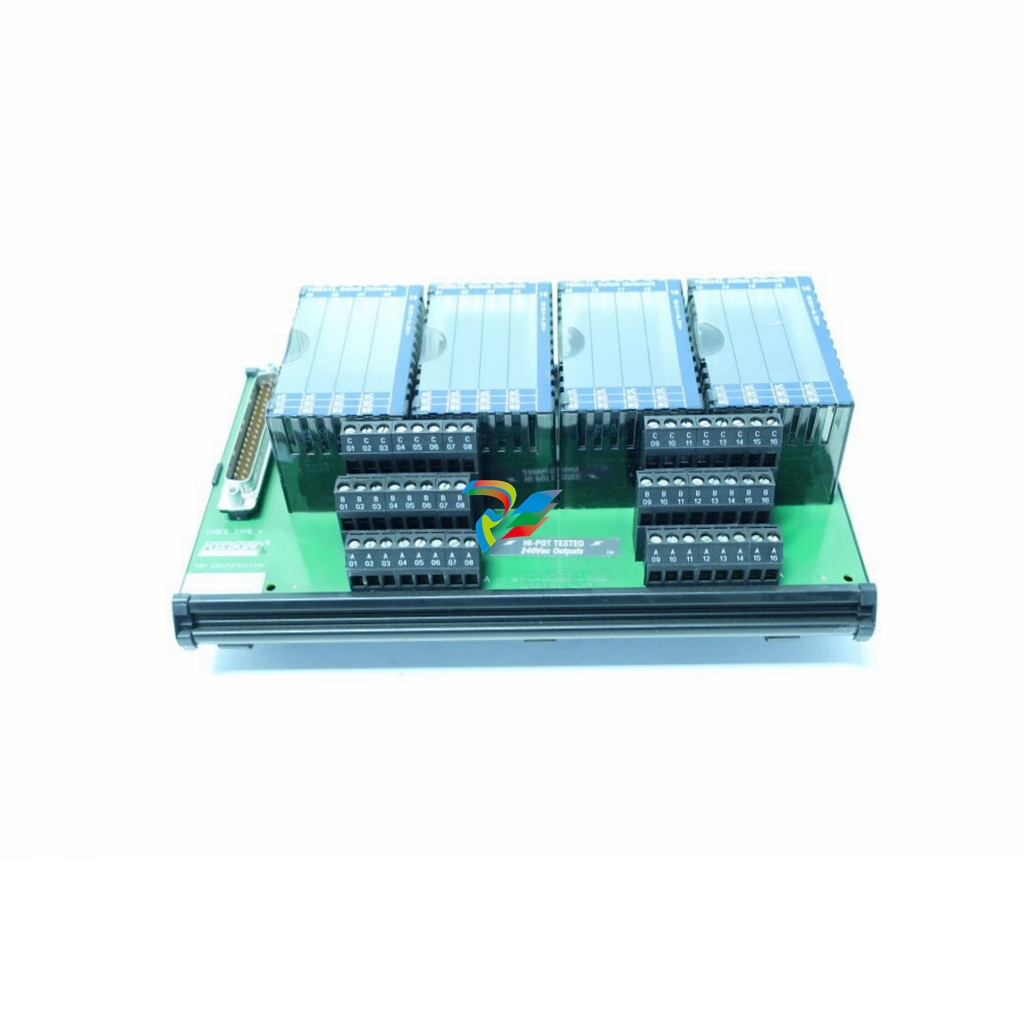
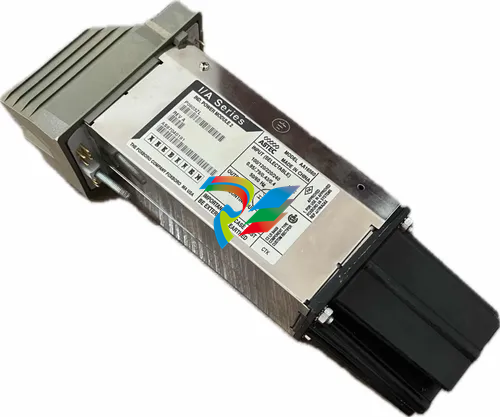
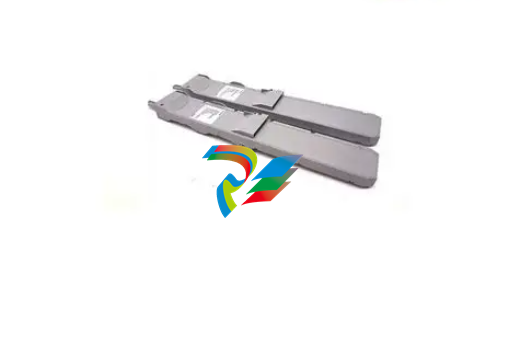
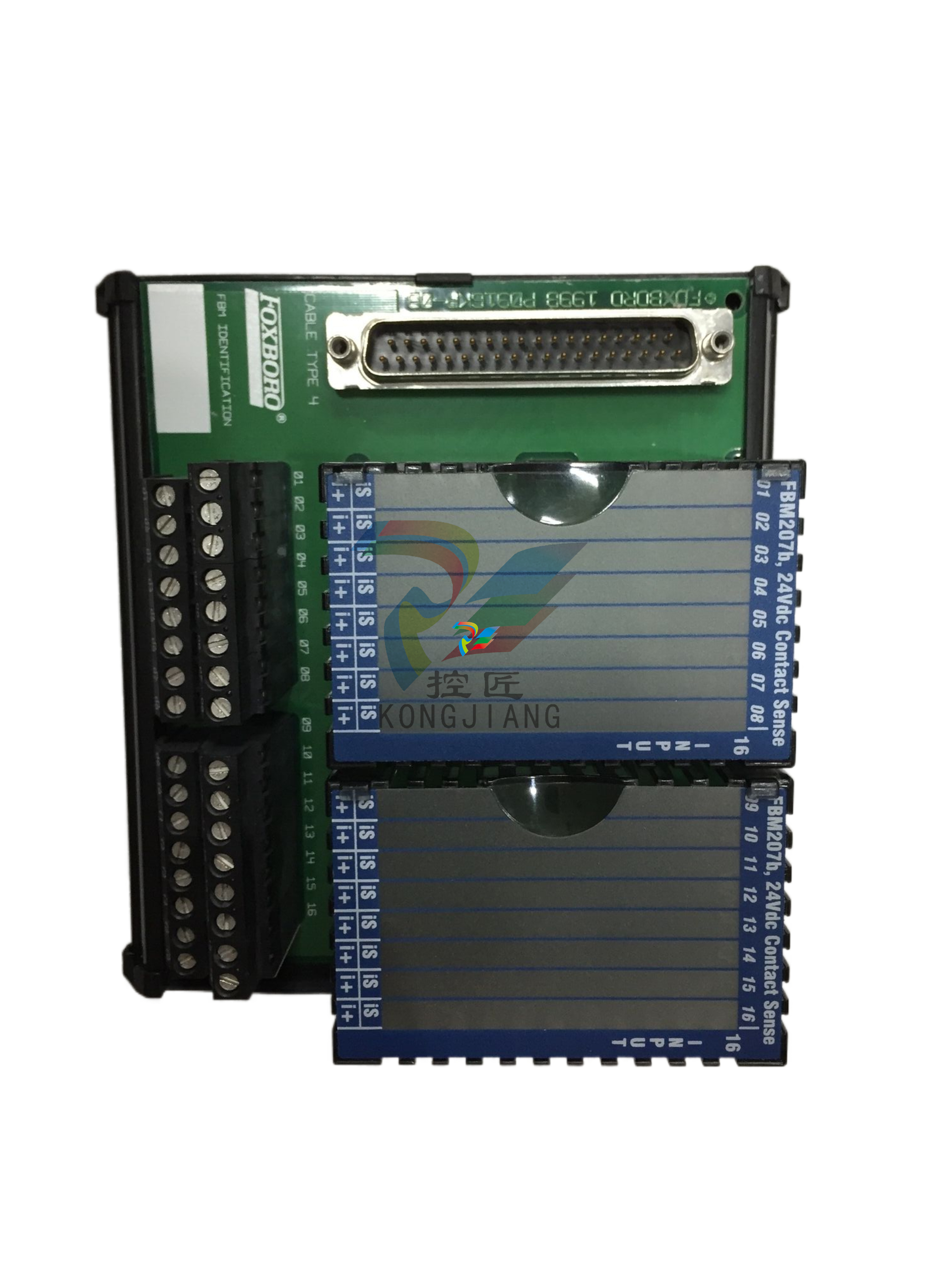
.jpg)
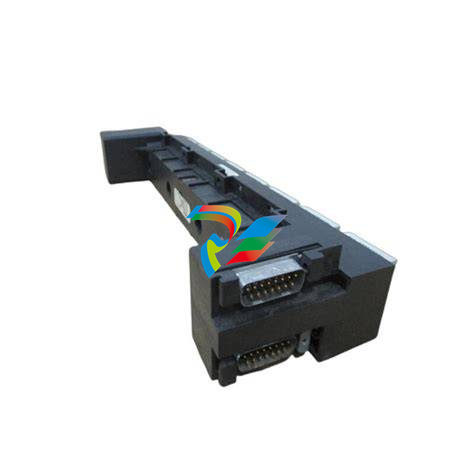
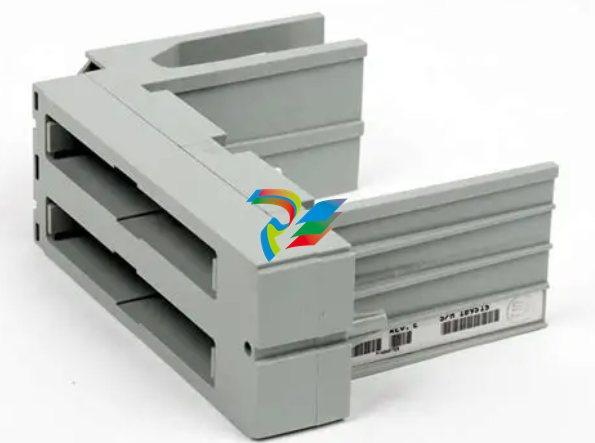
.jpg)
